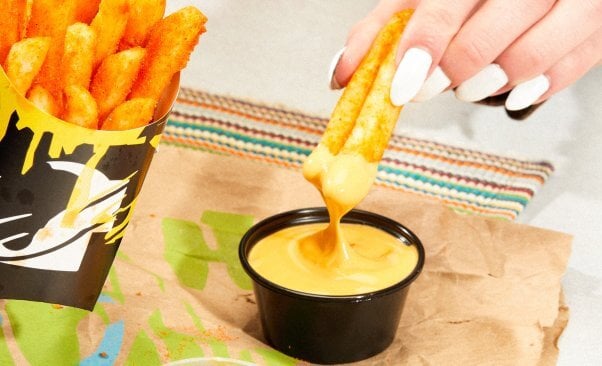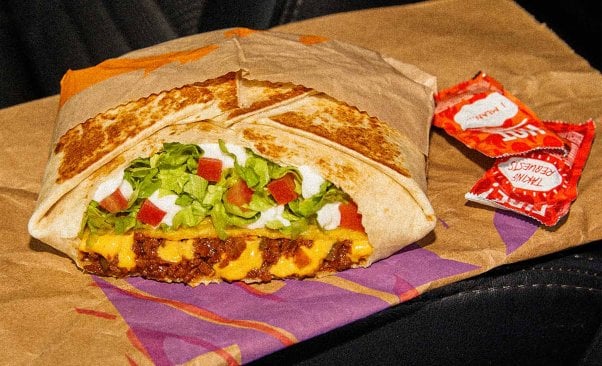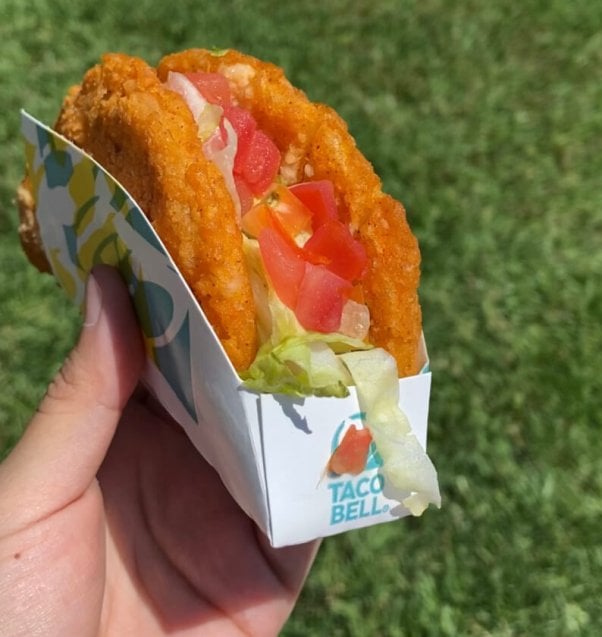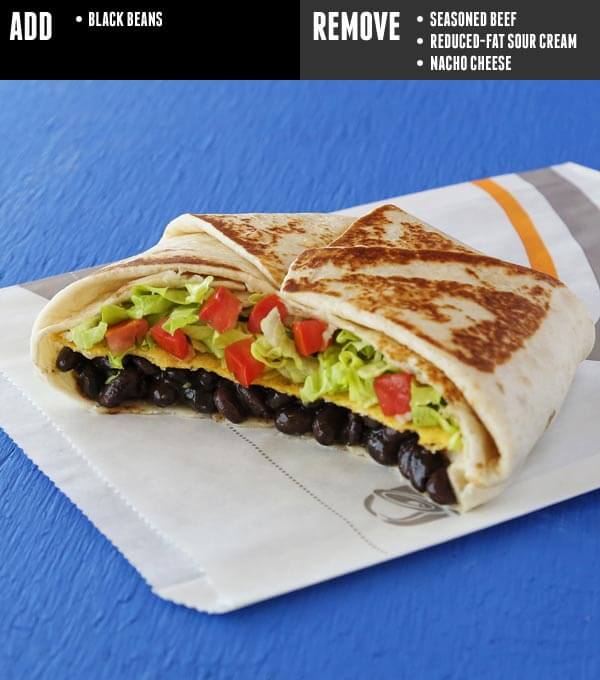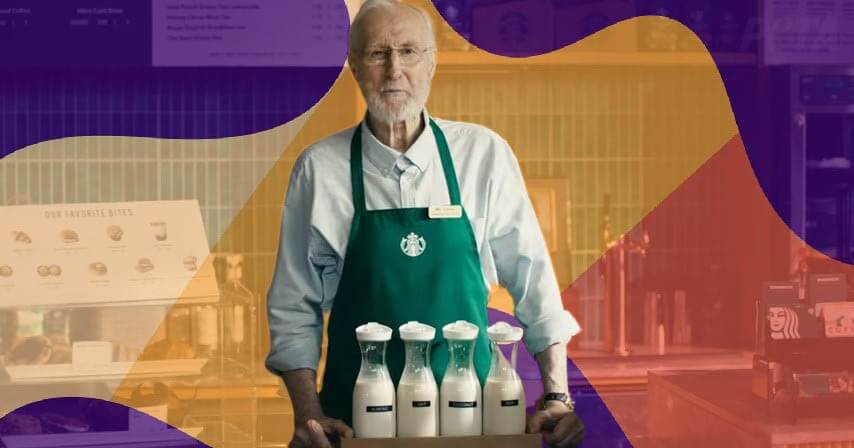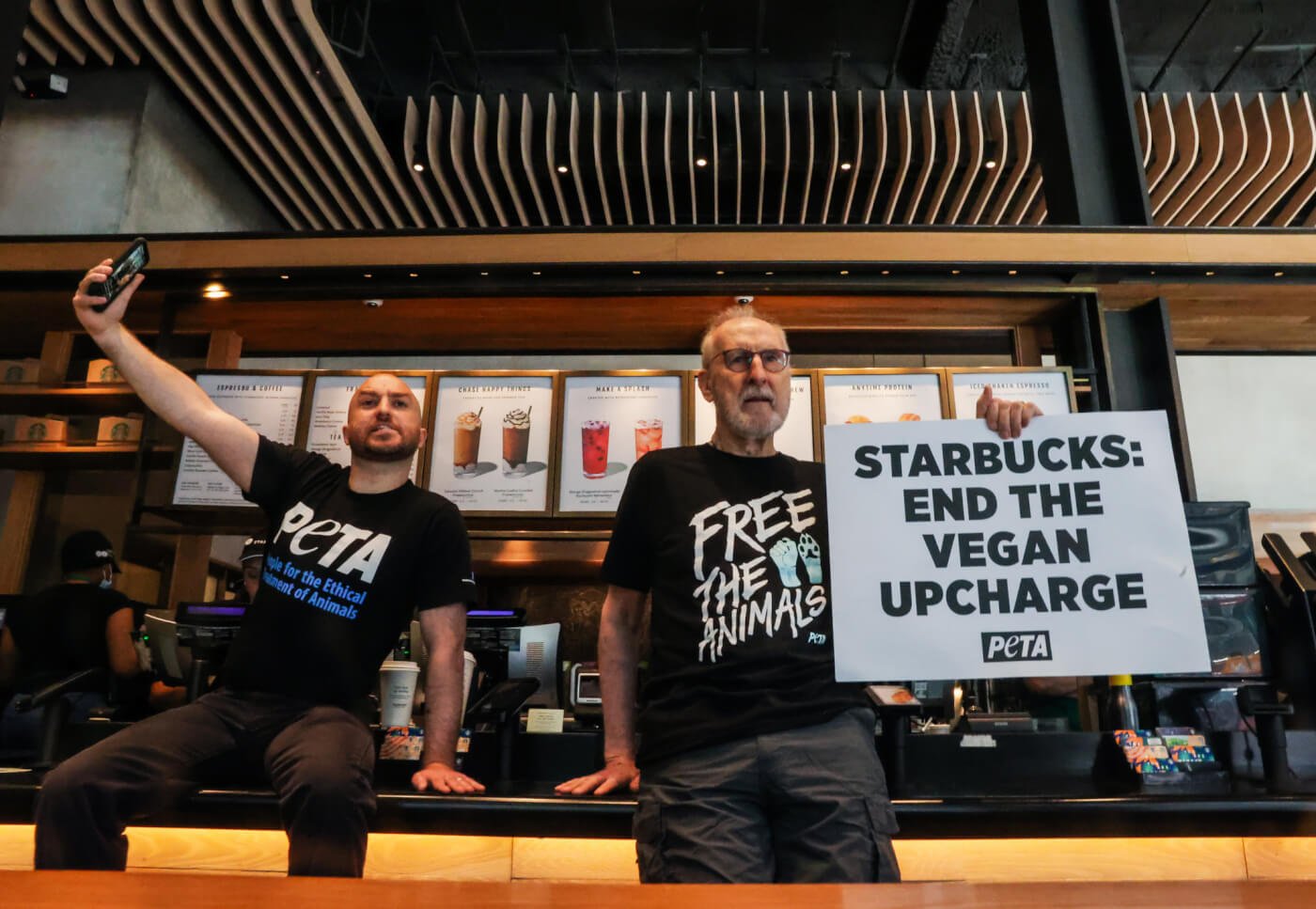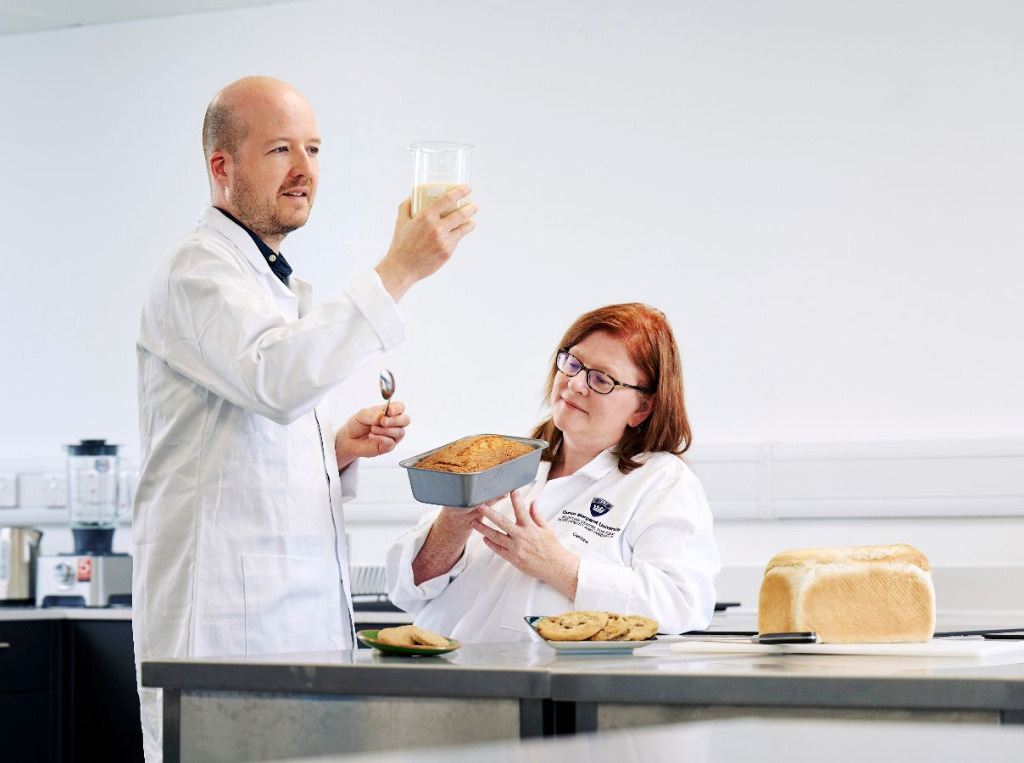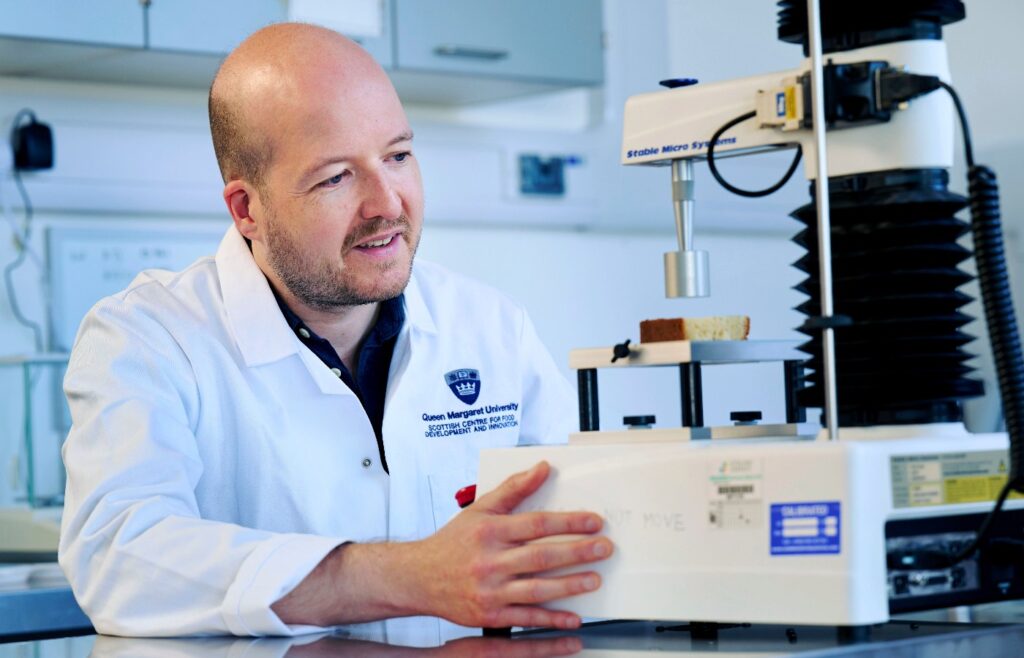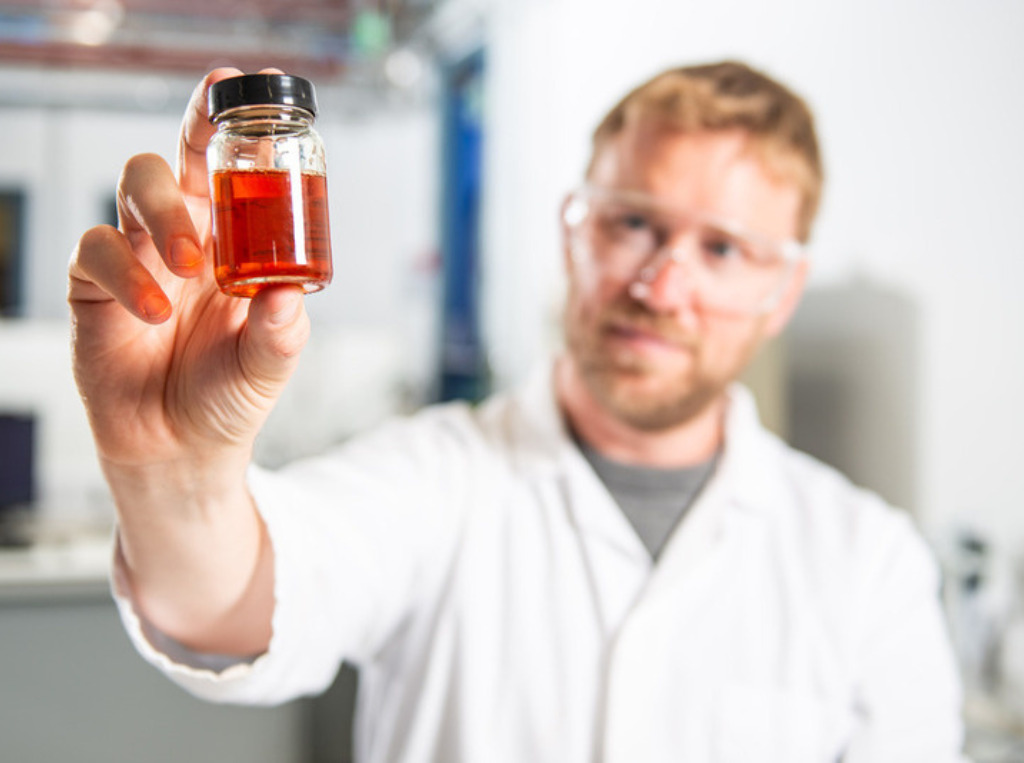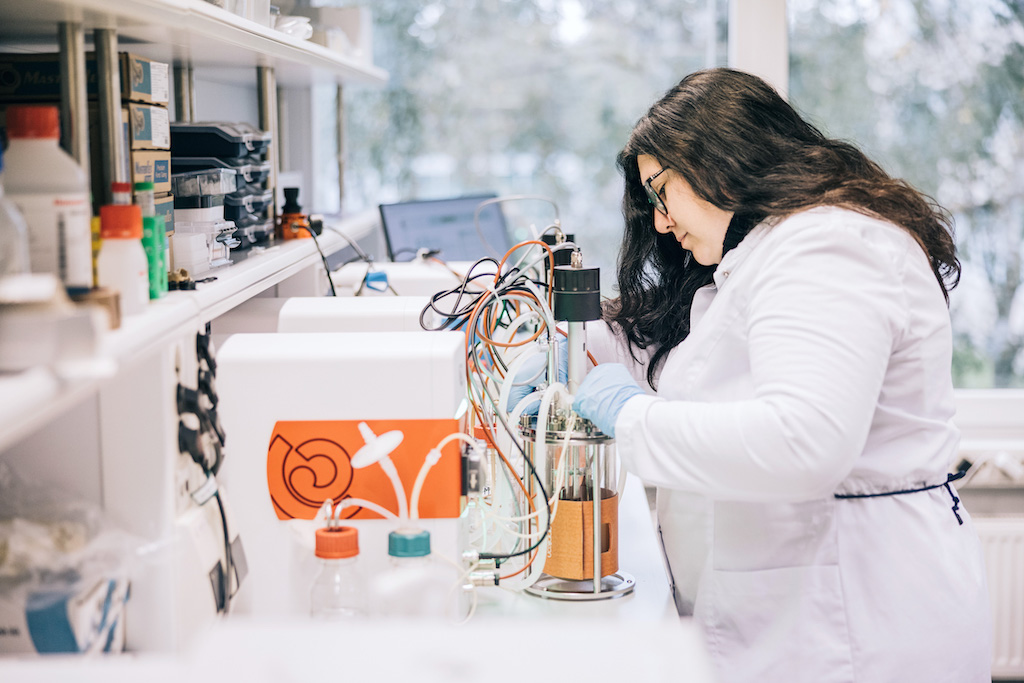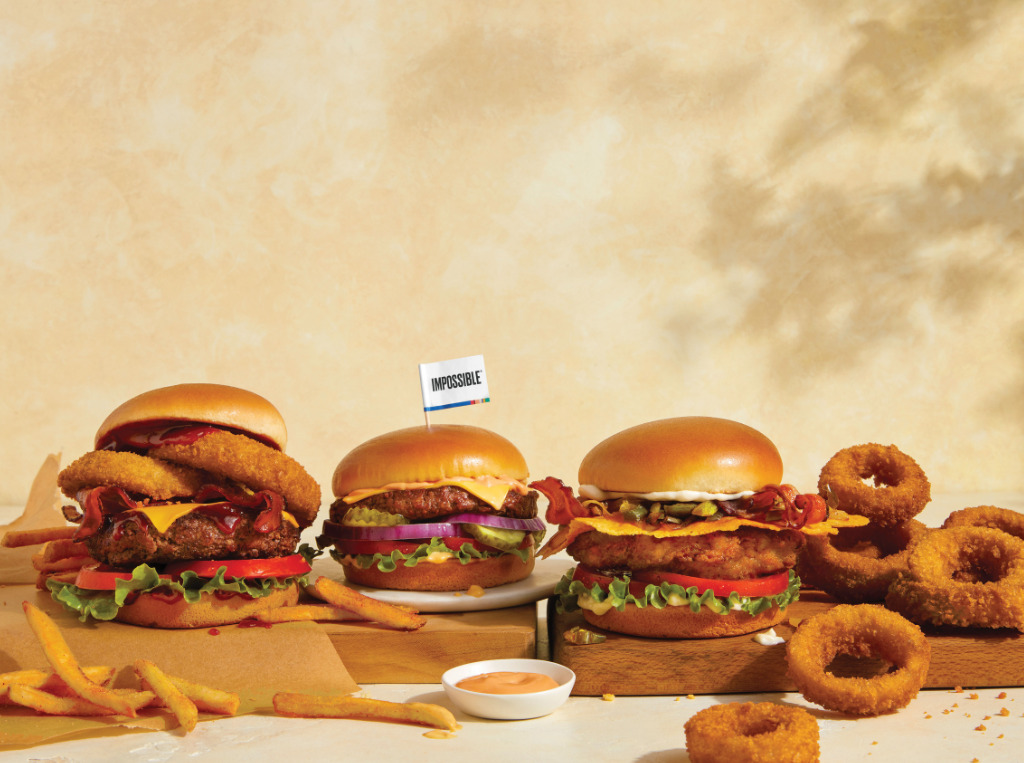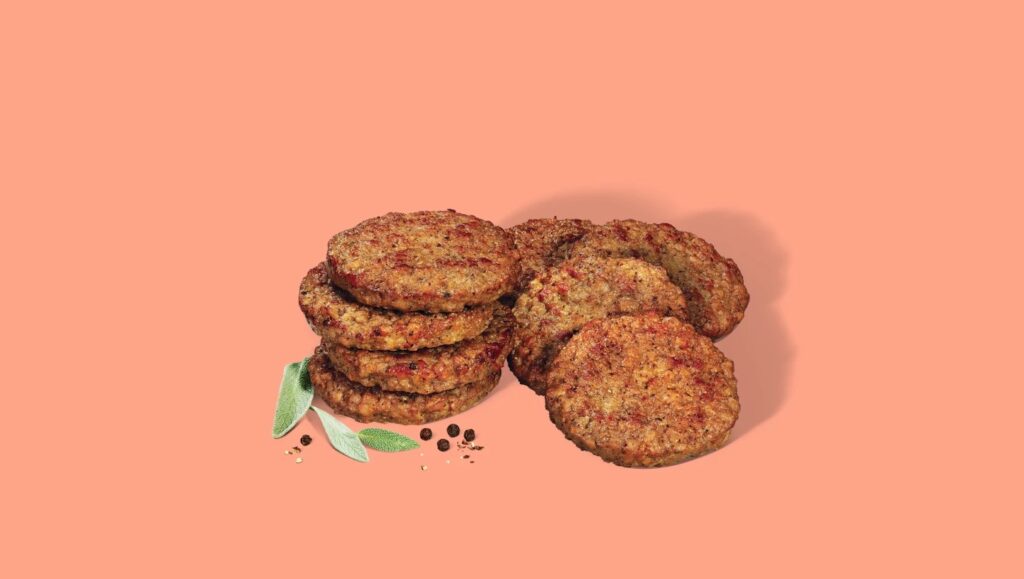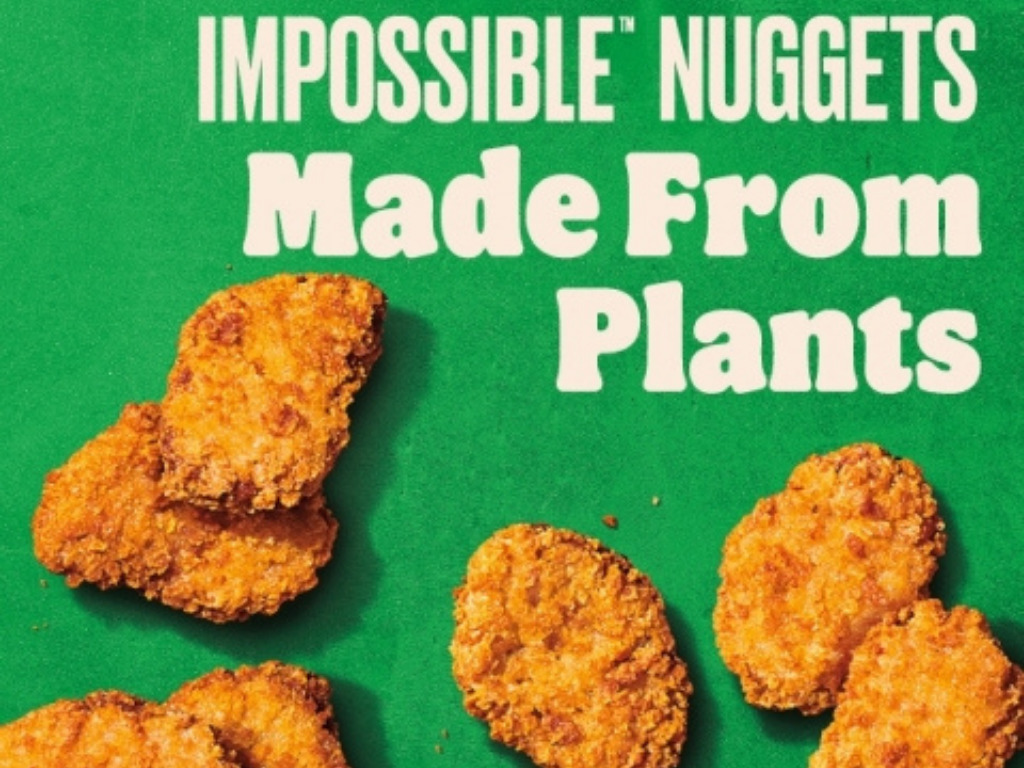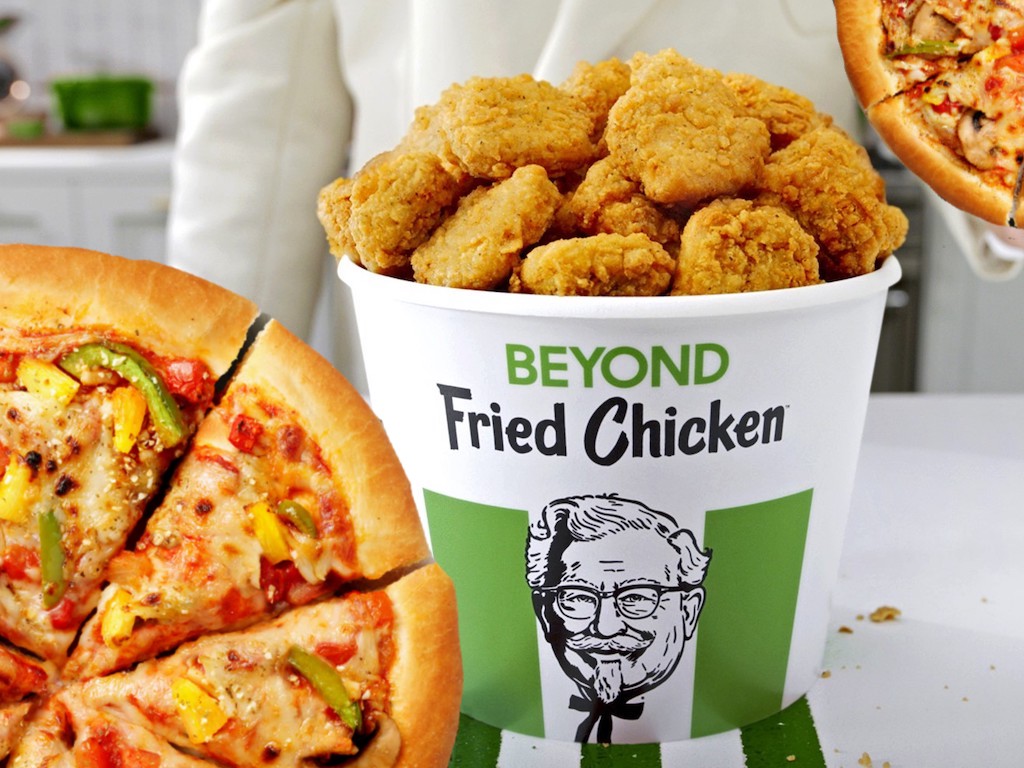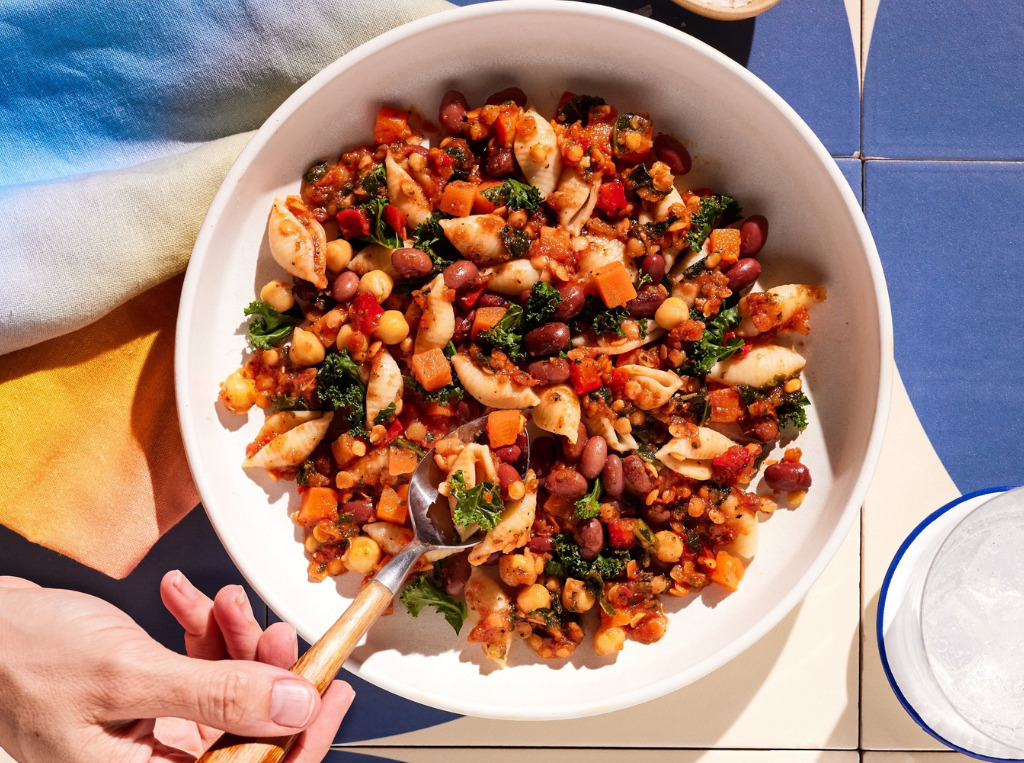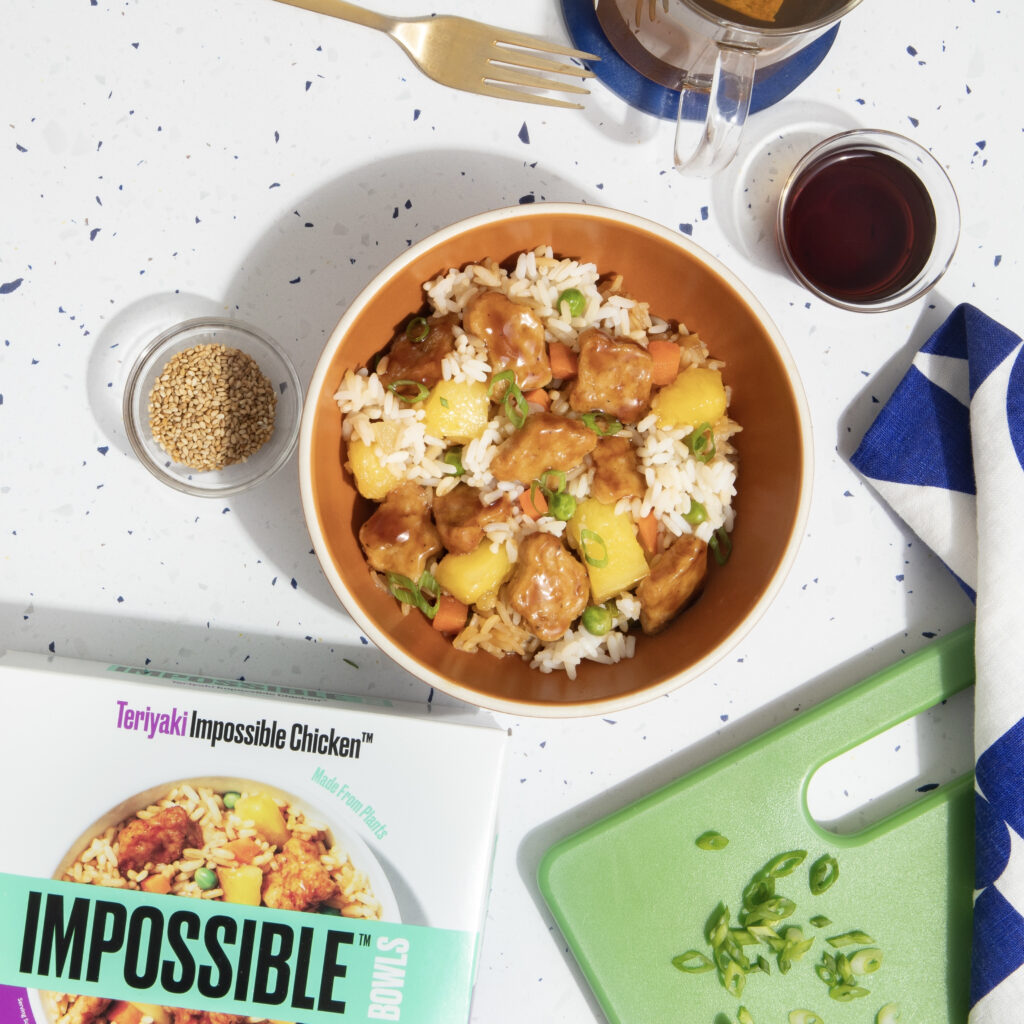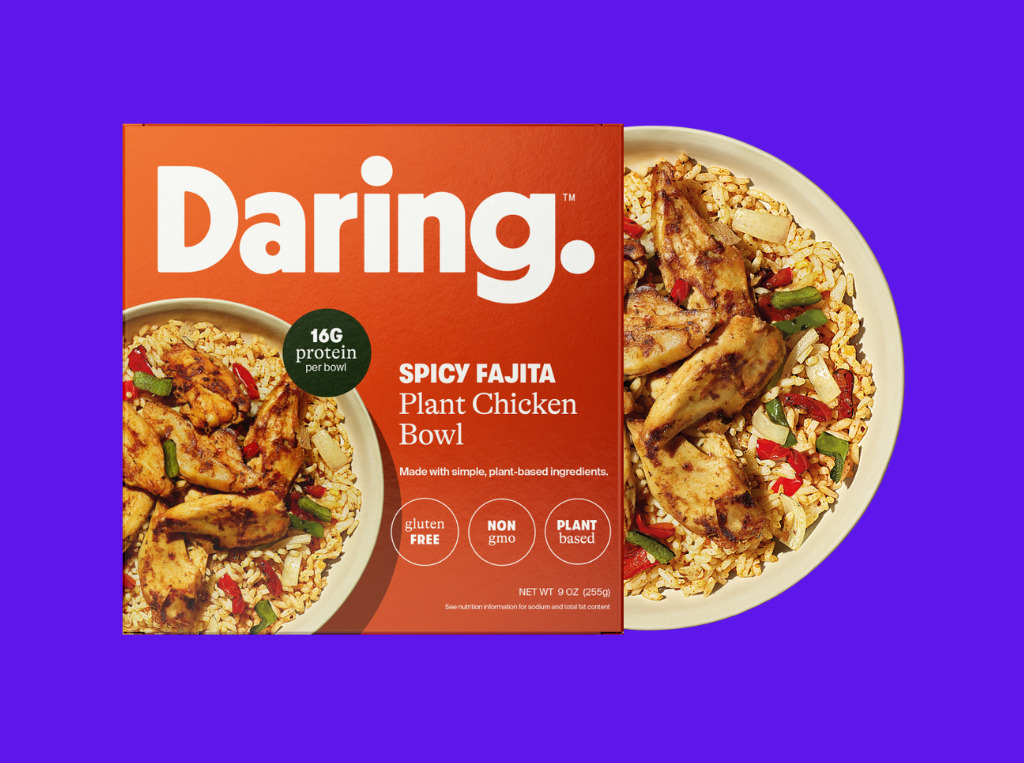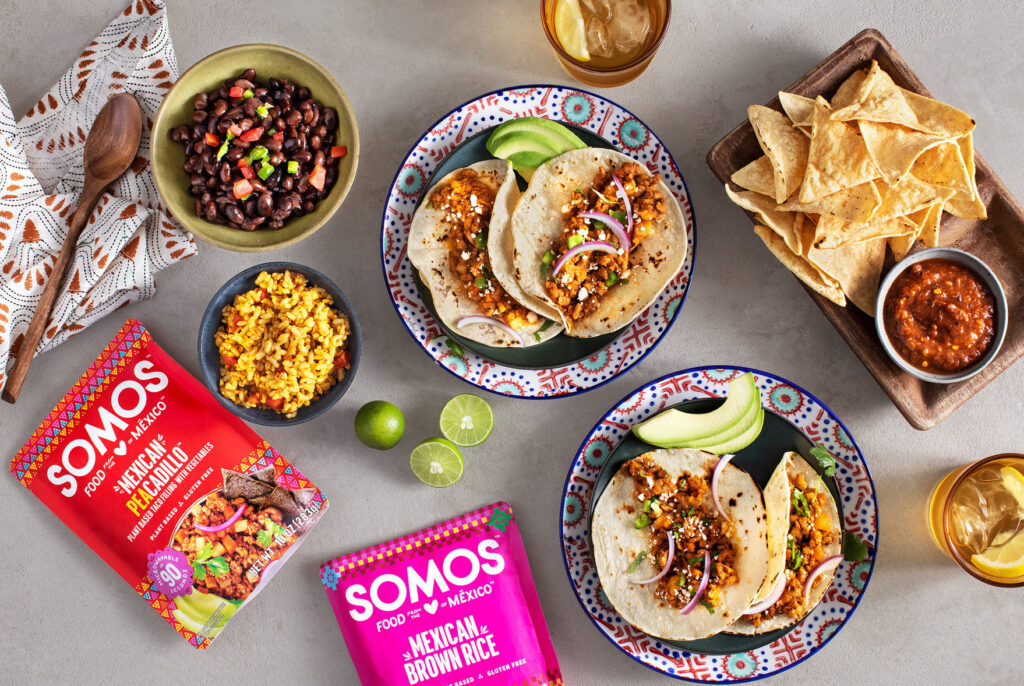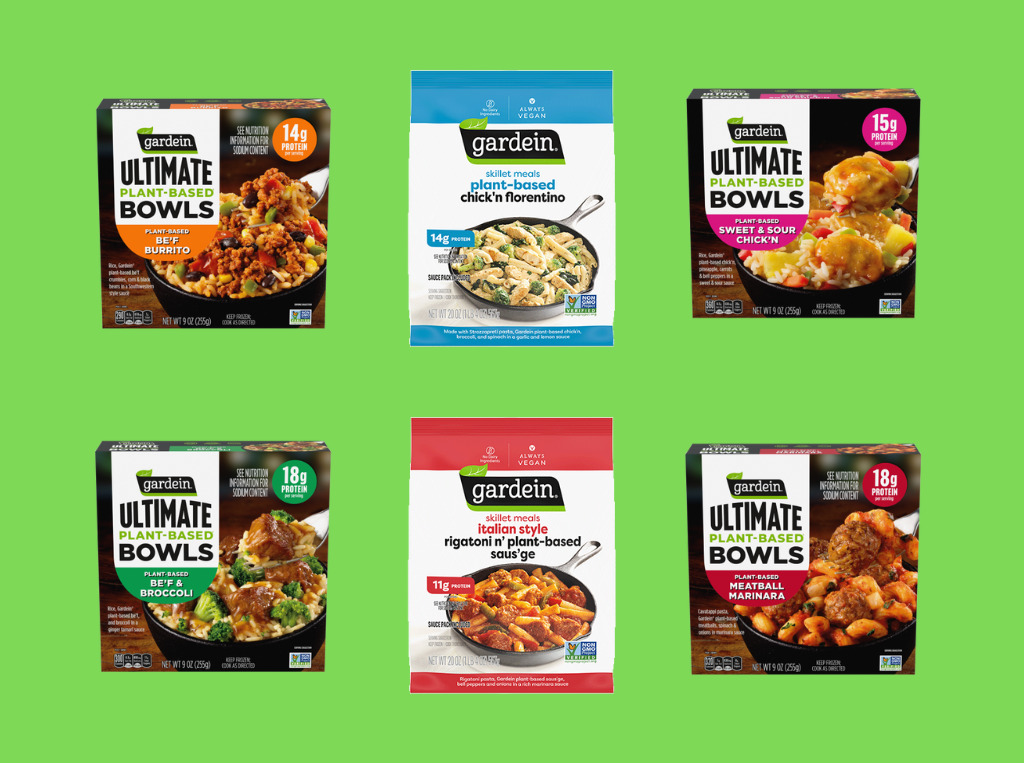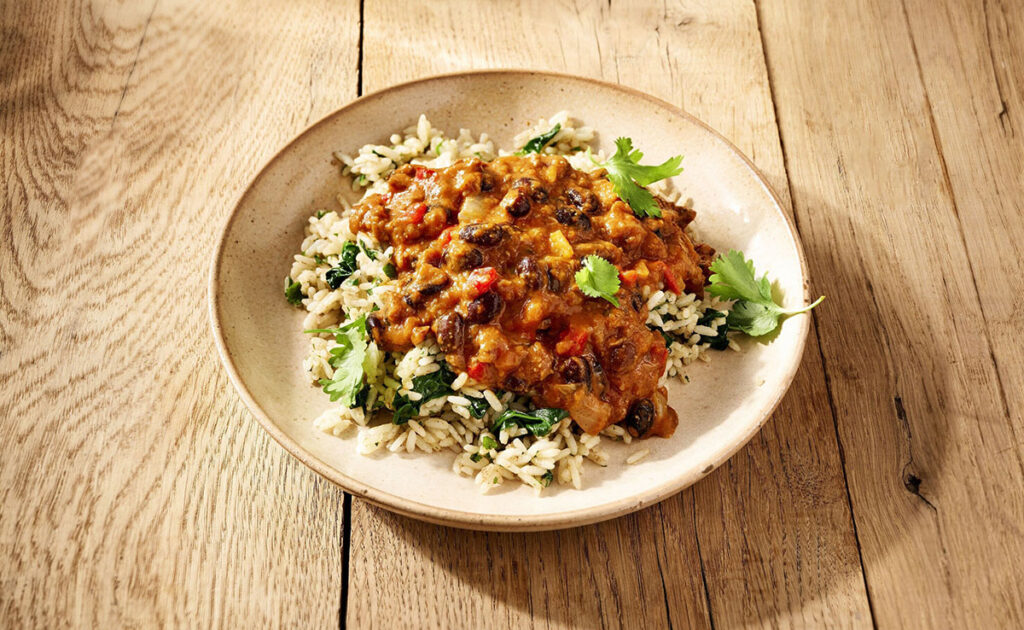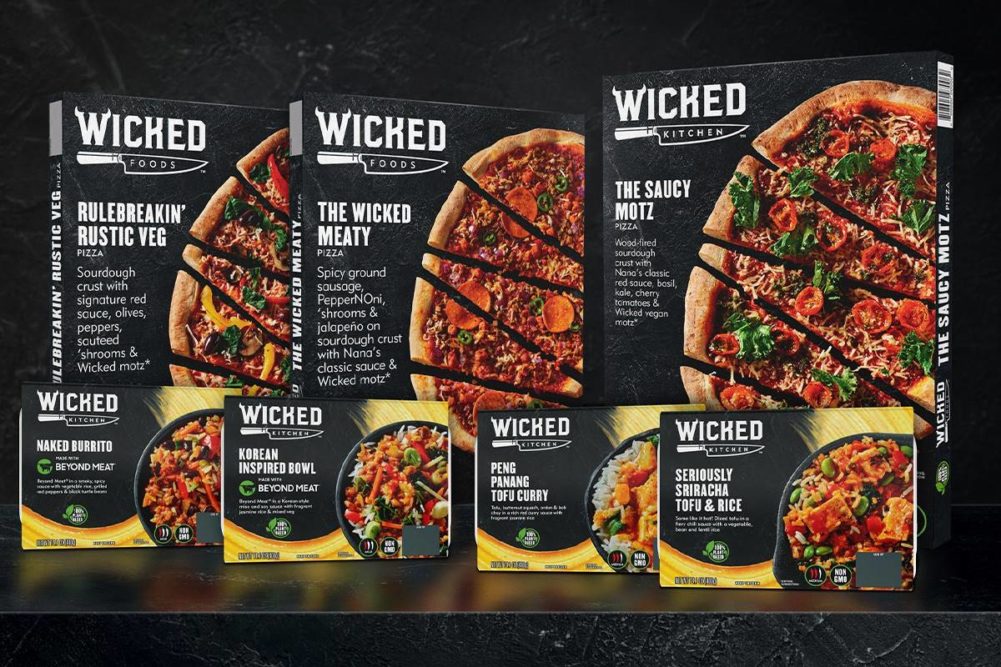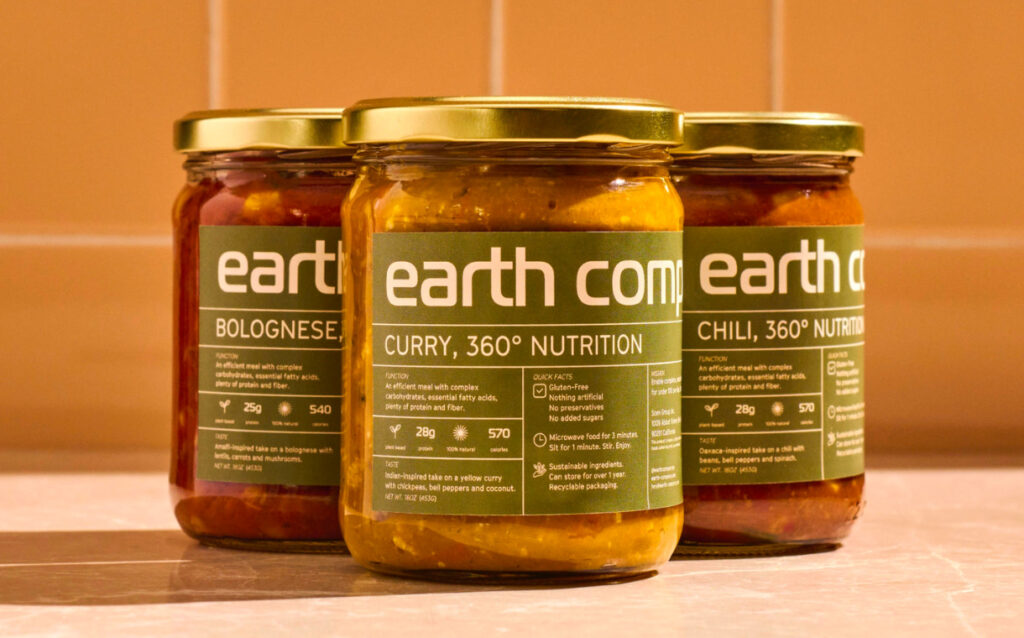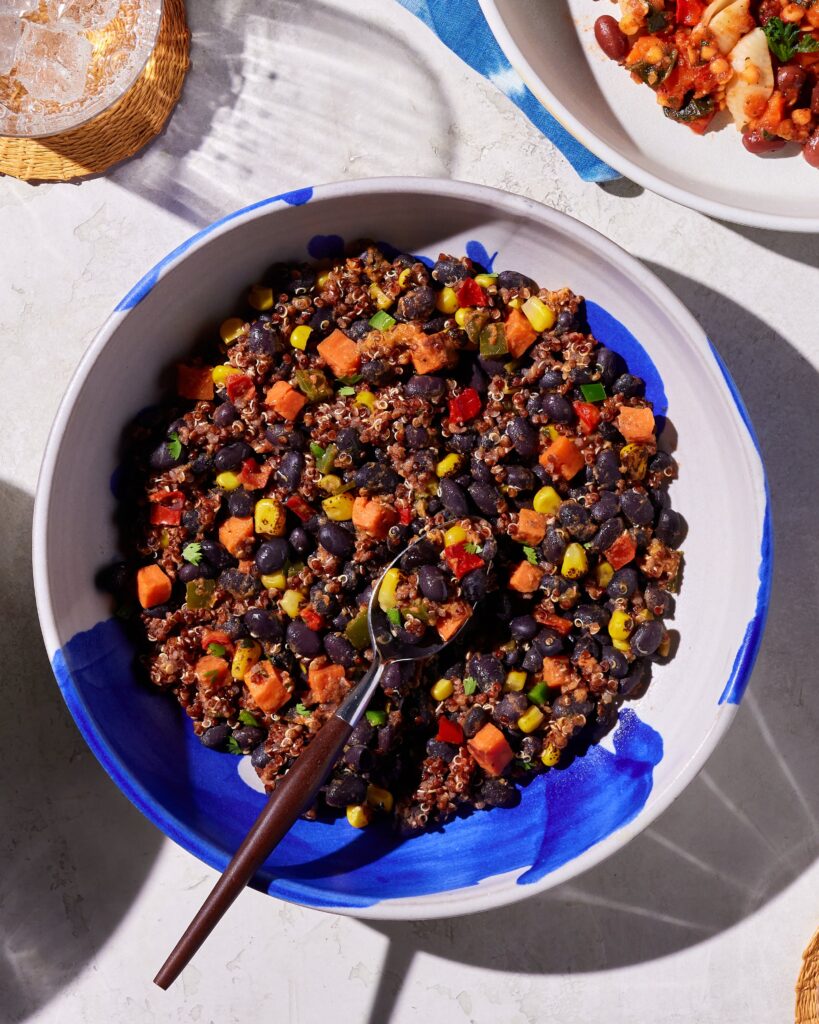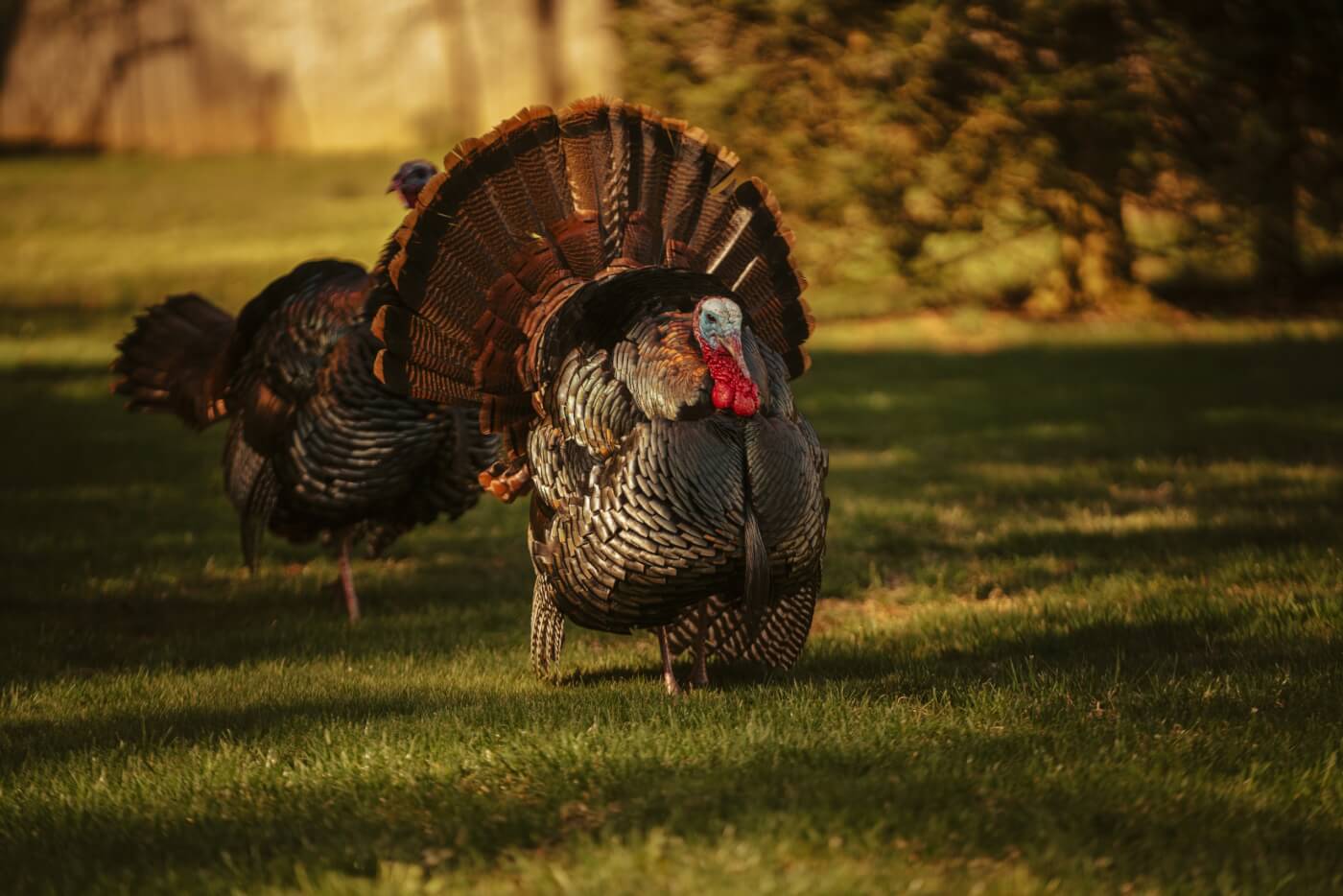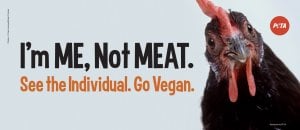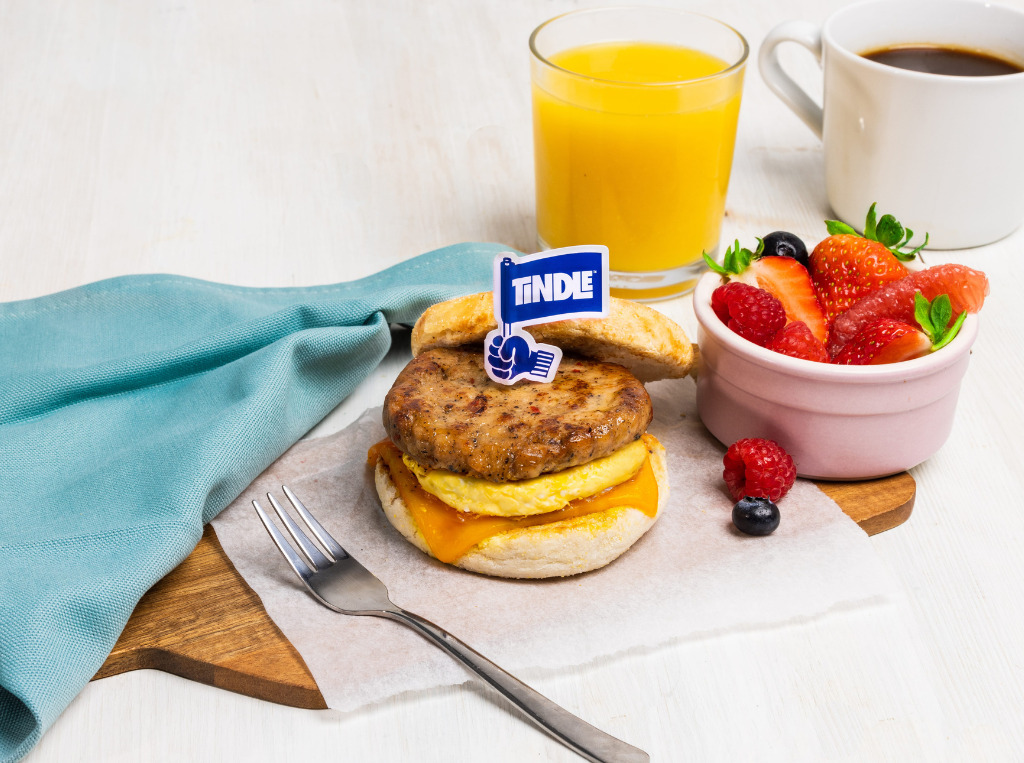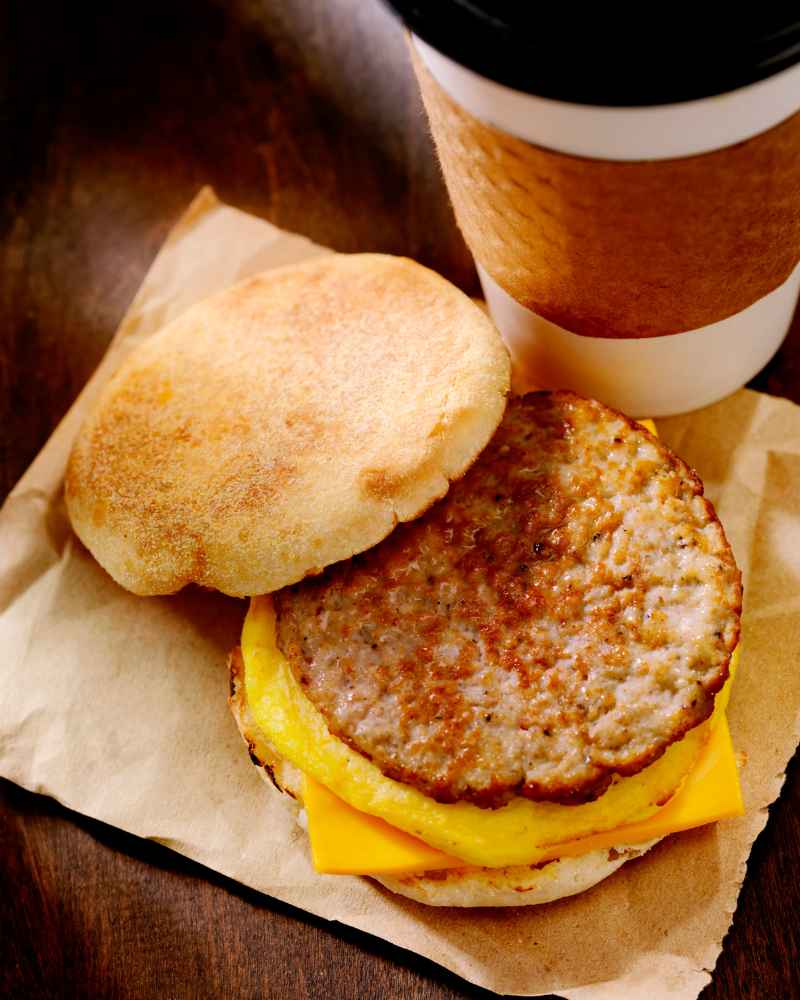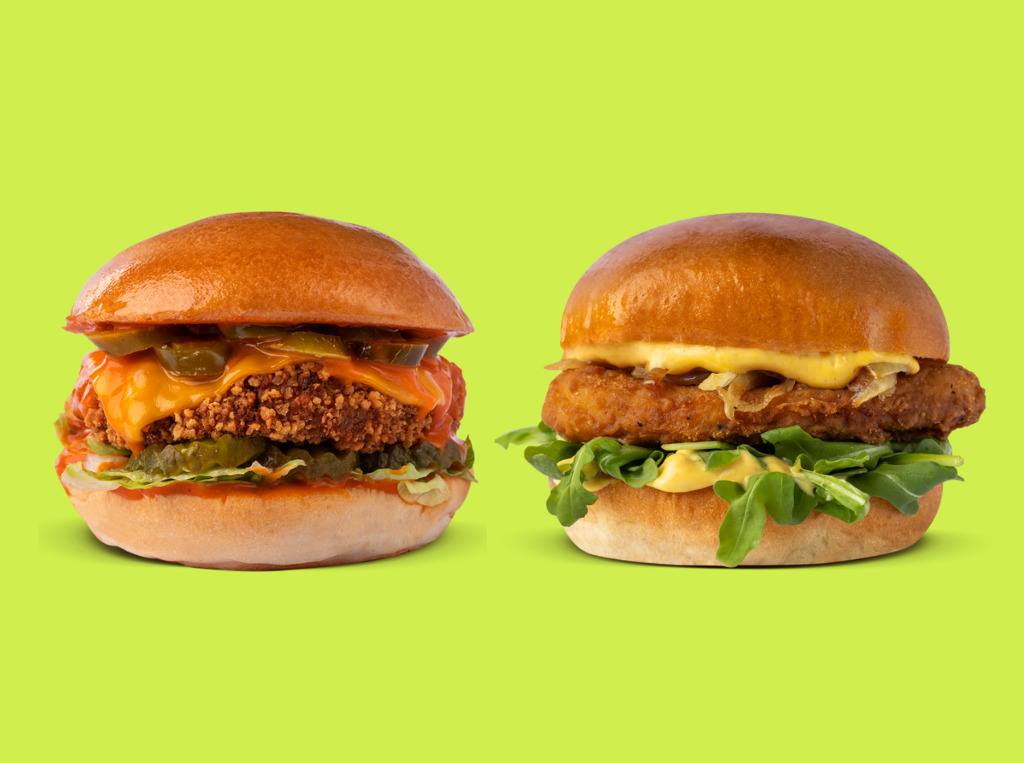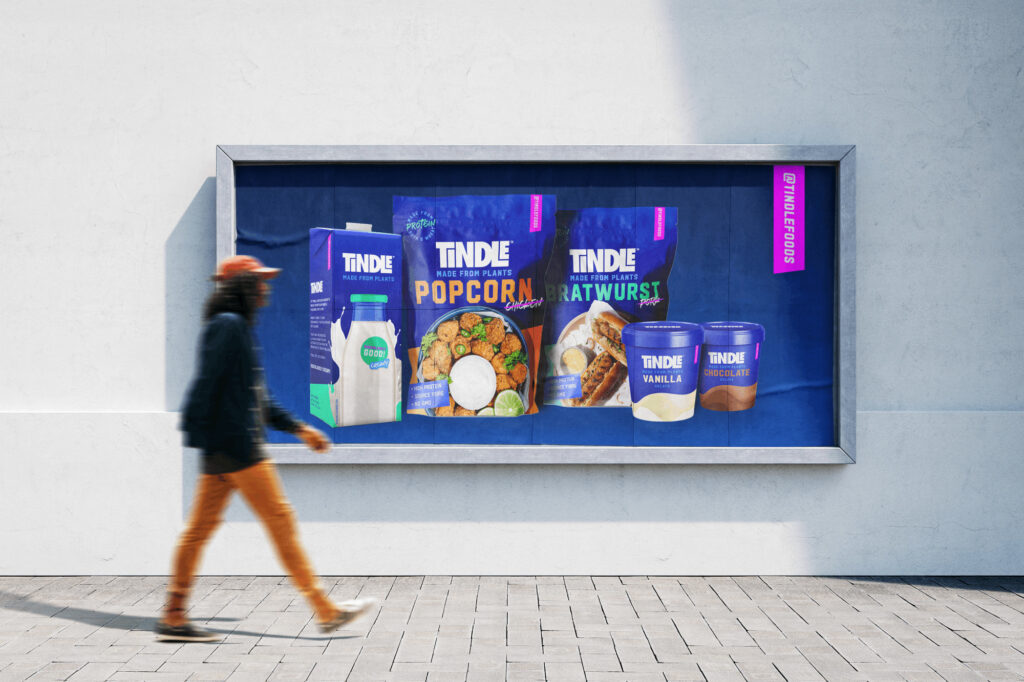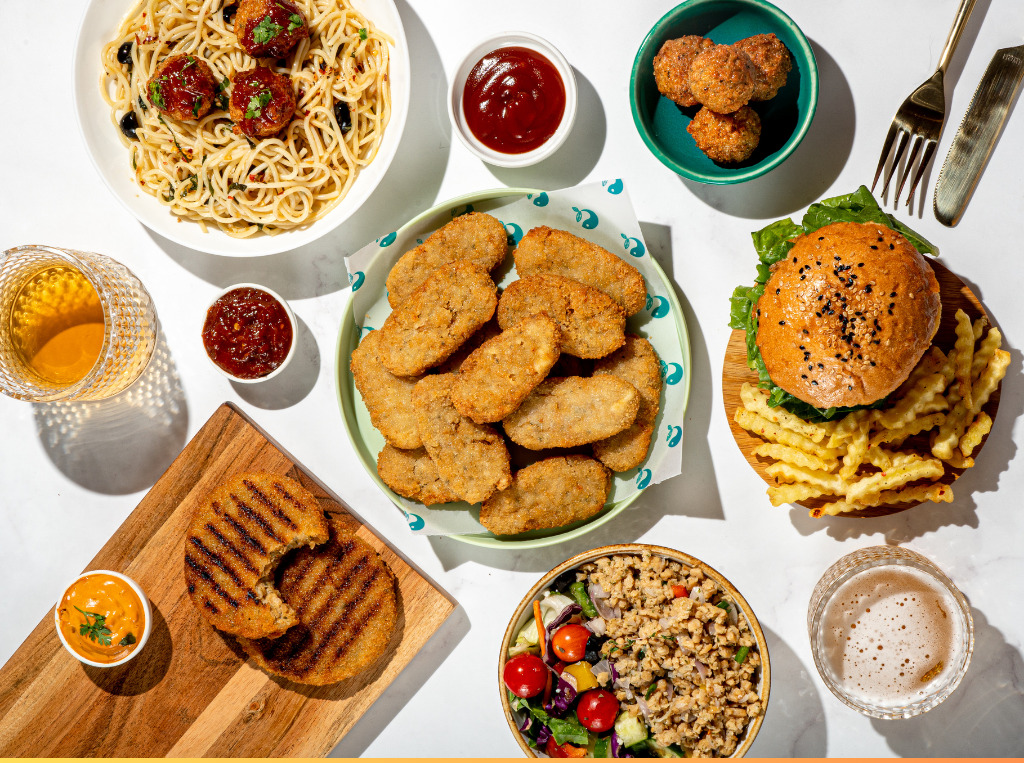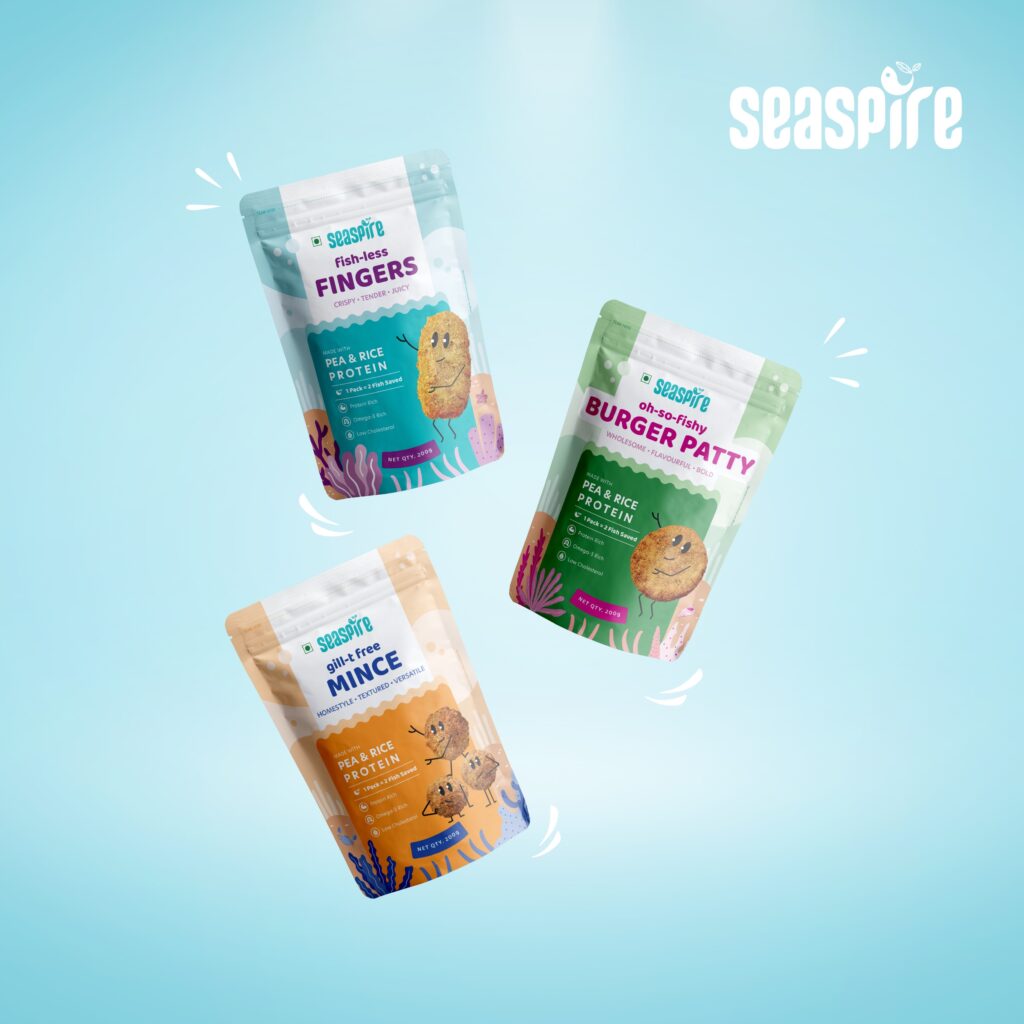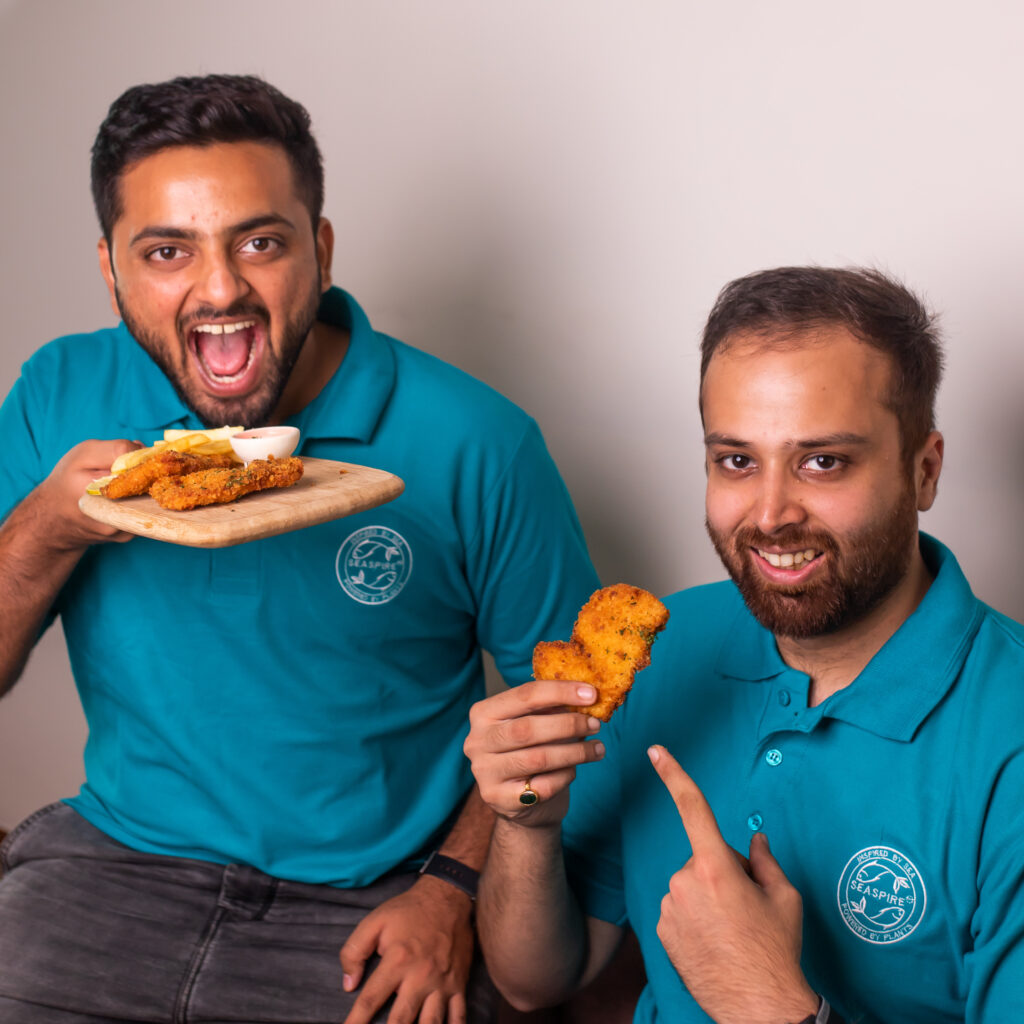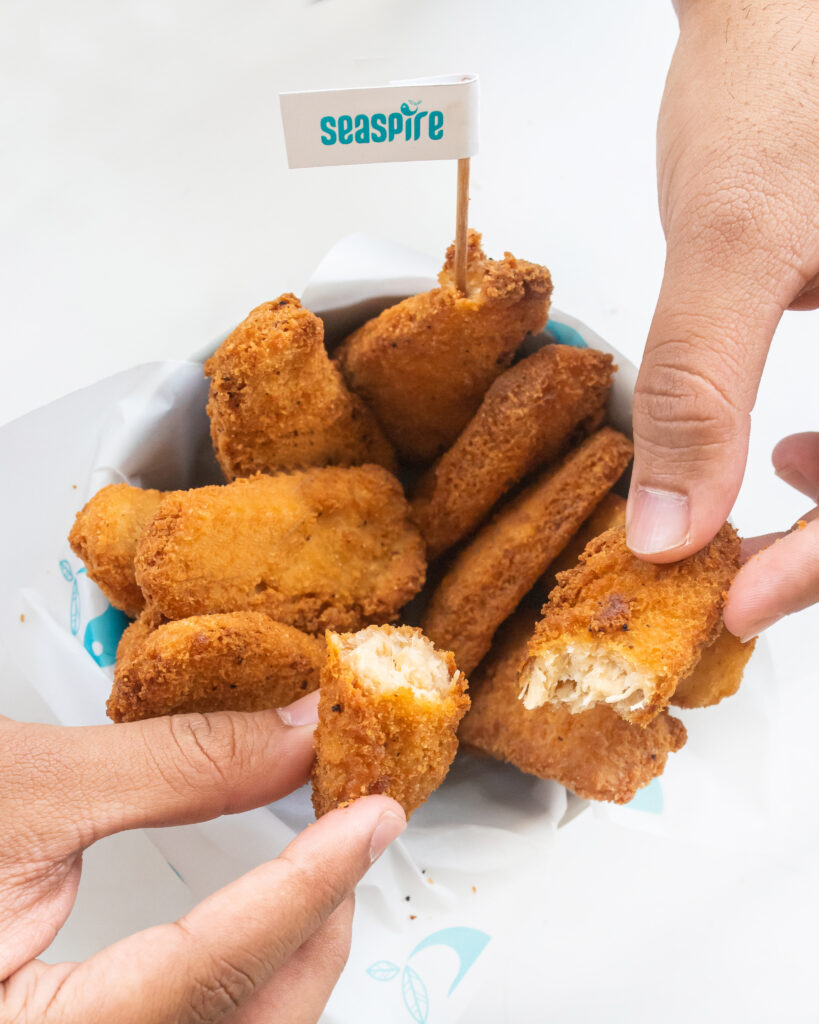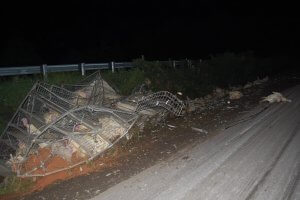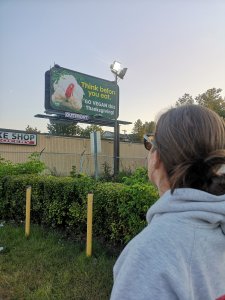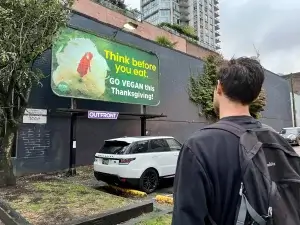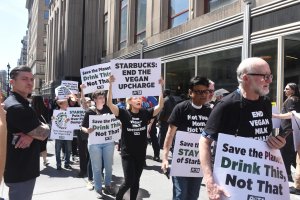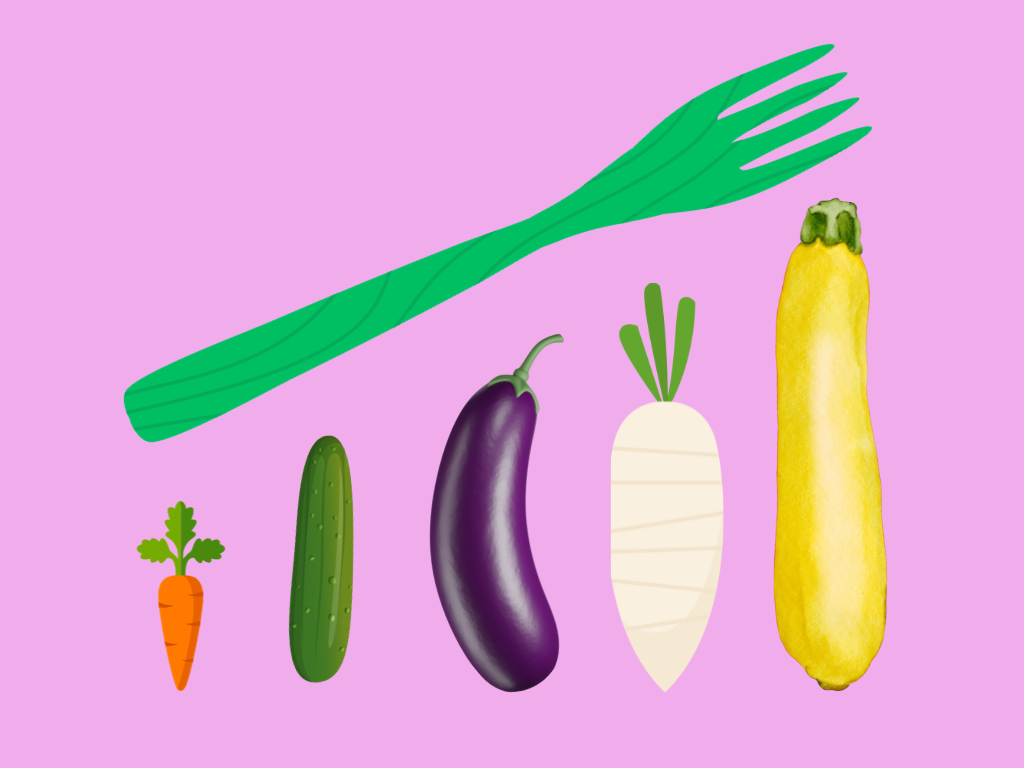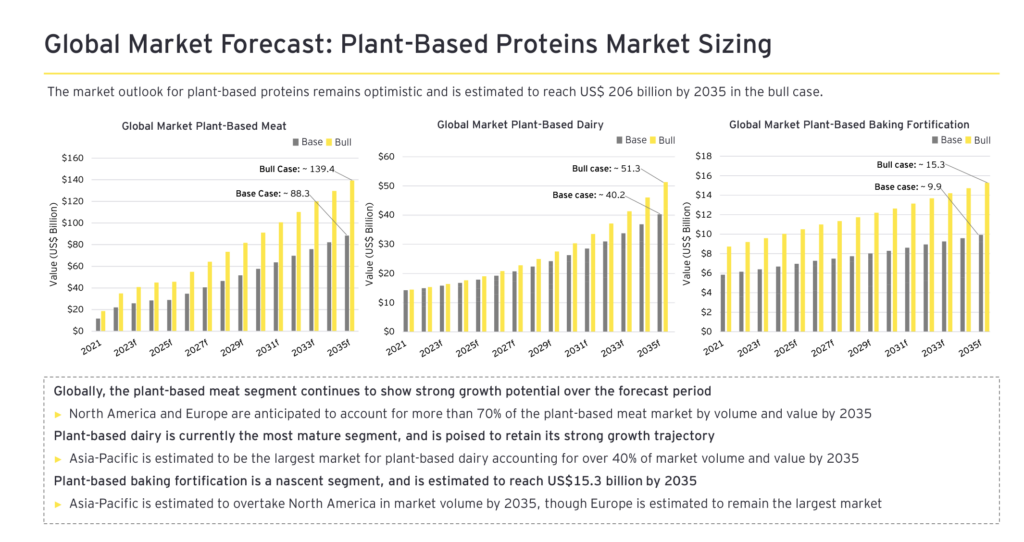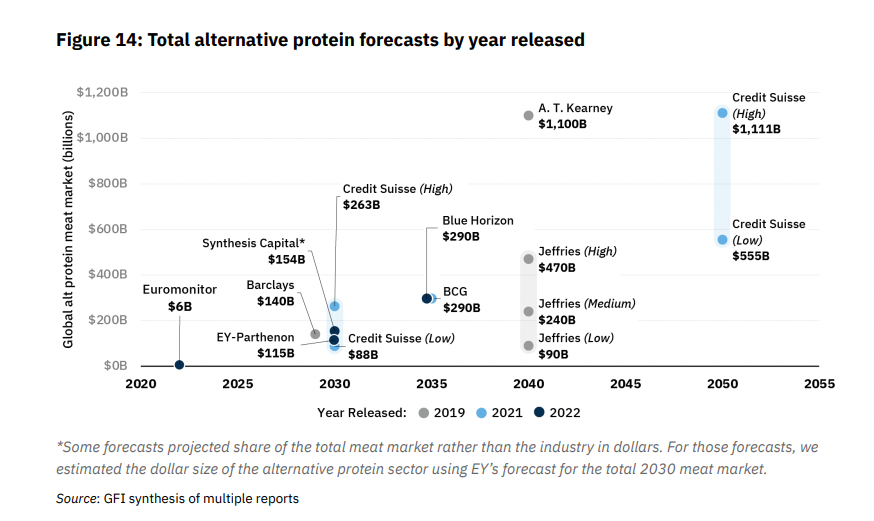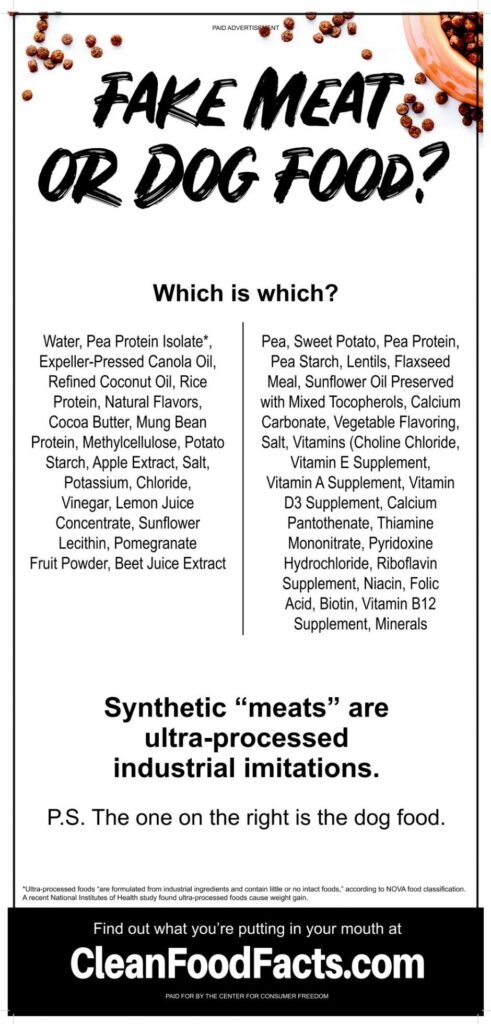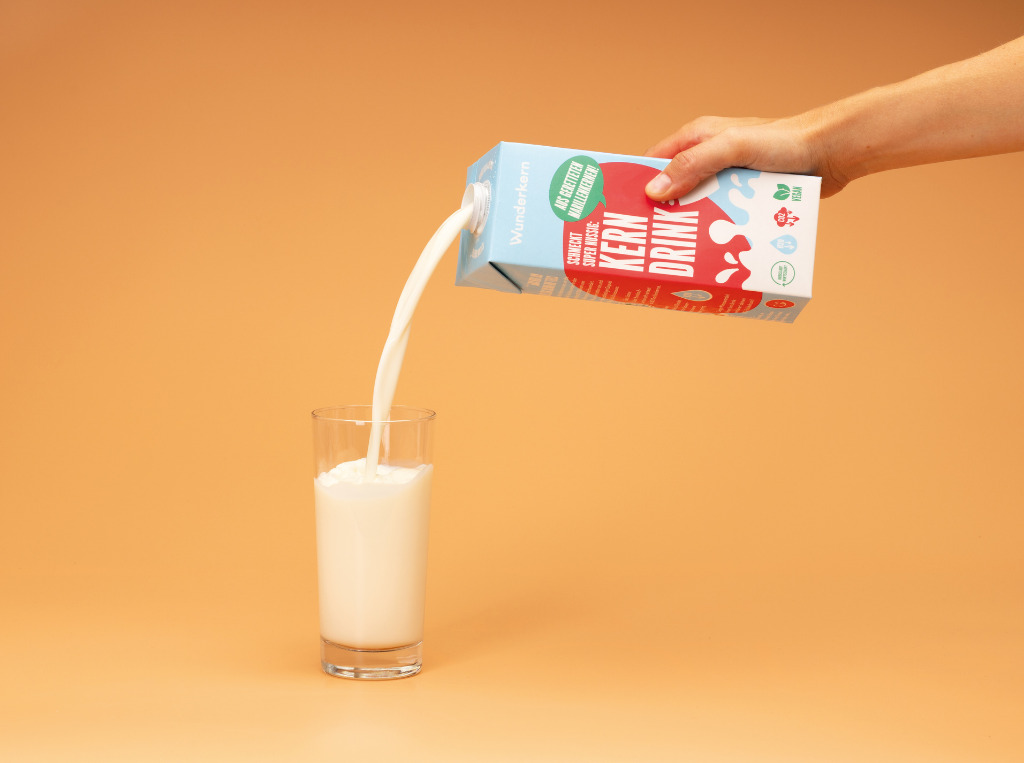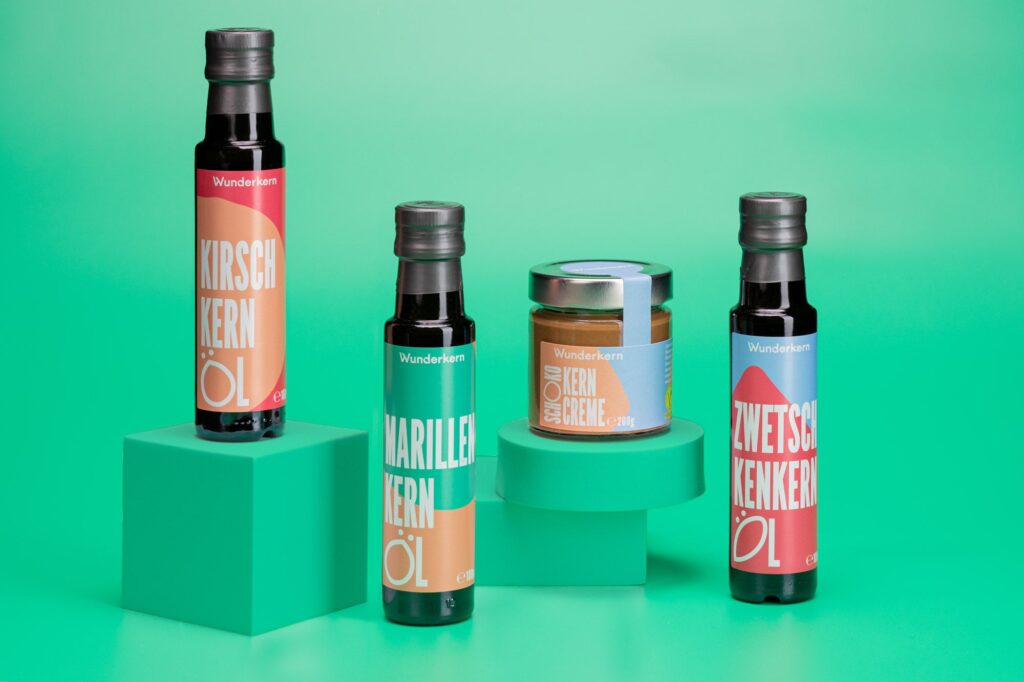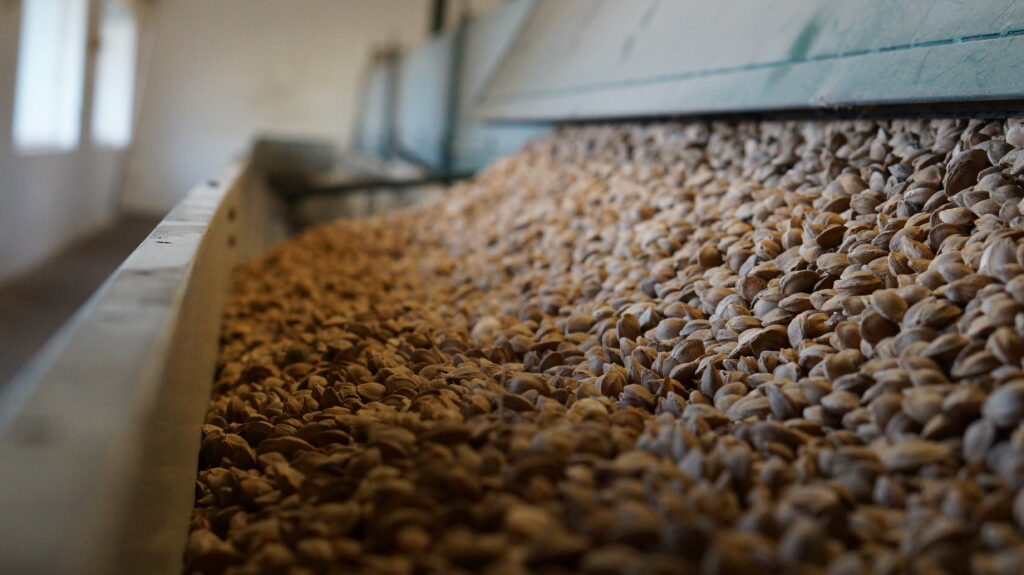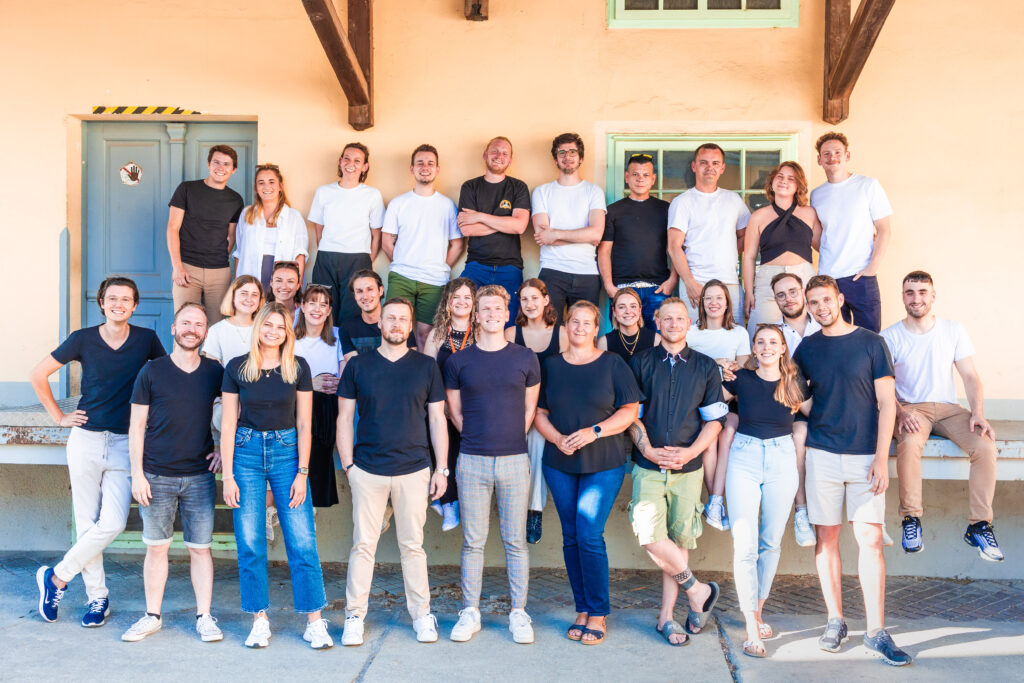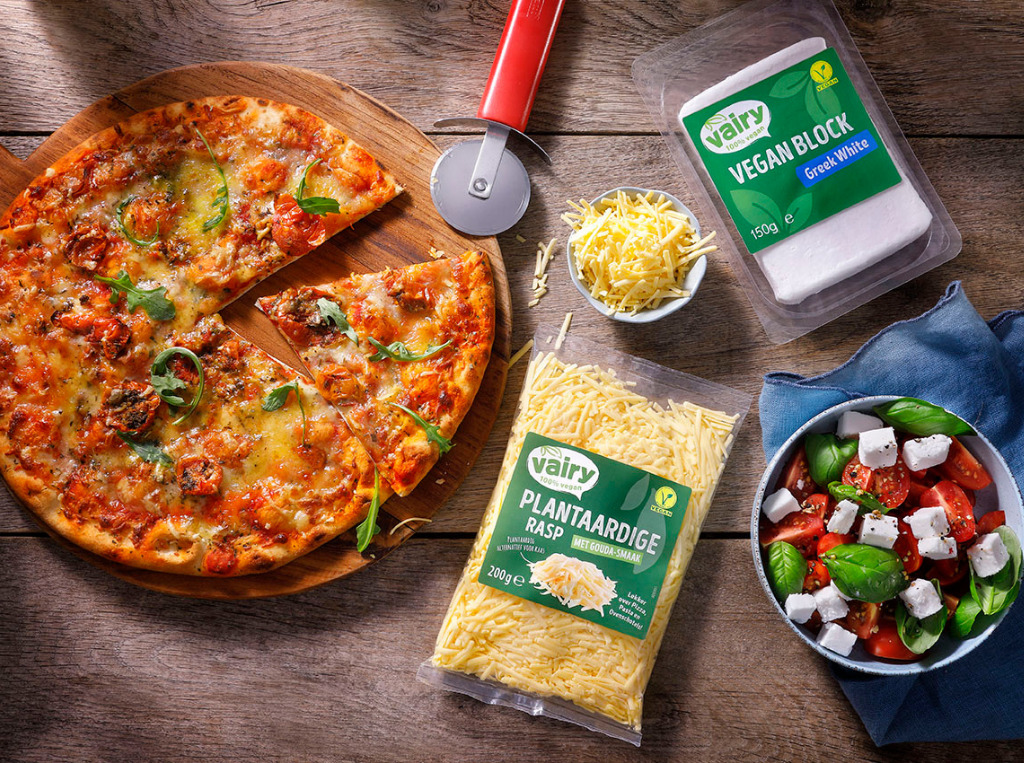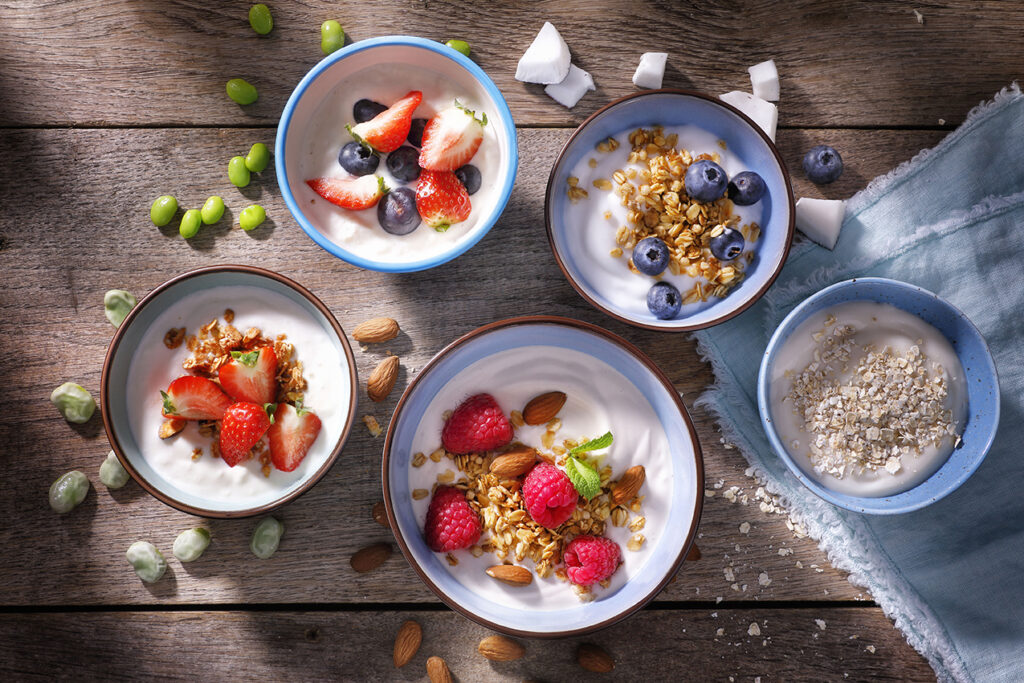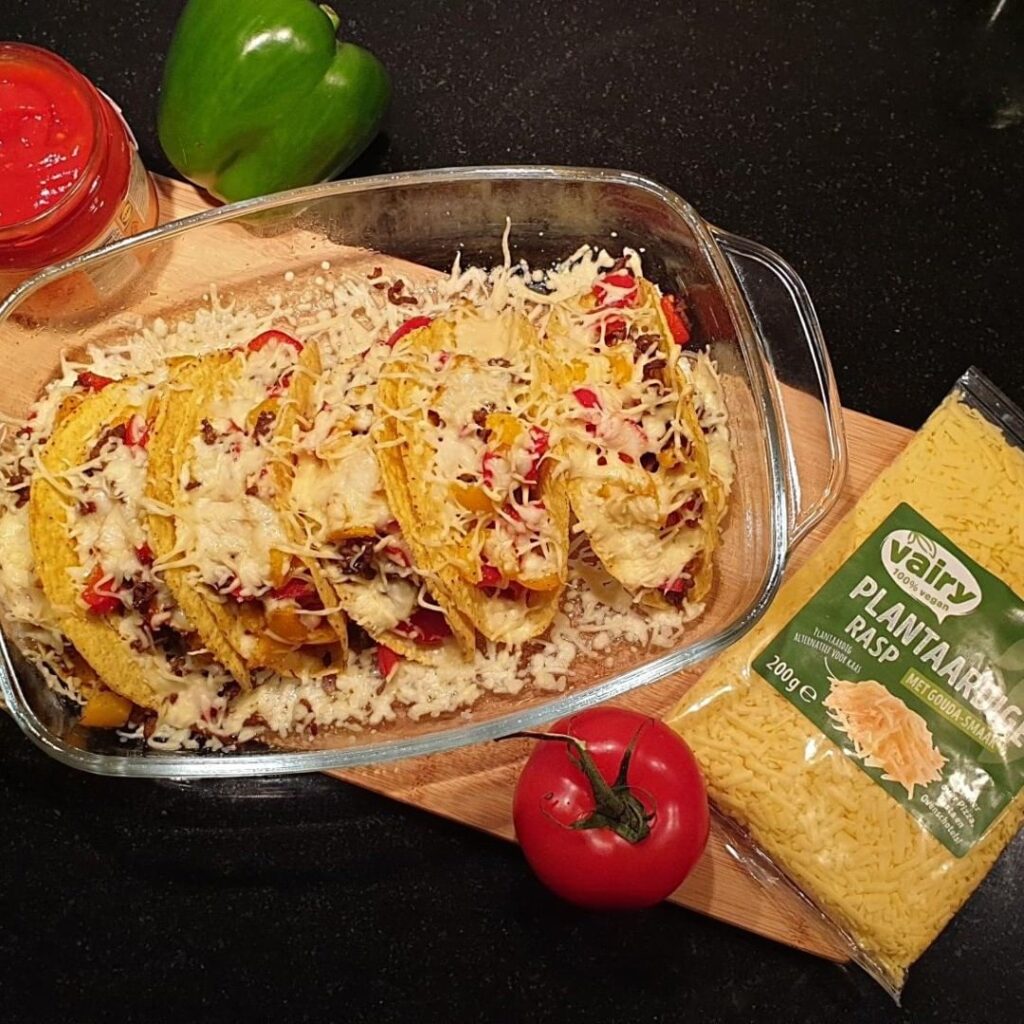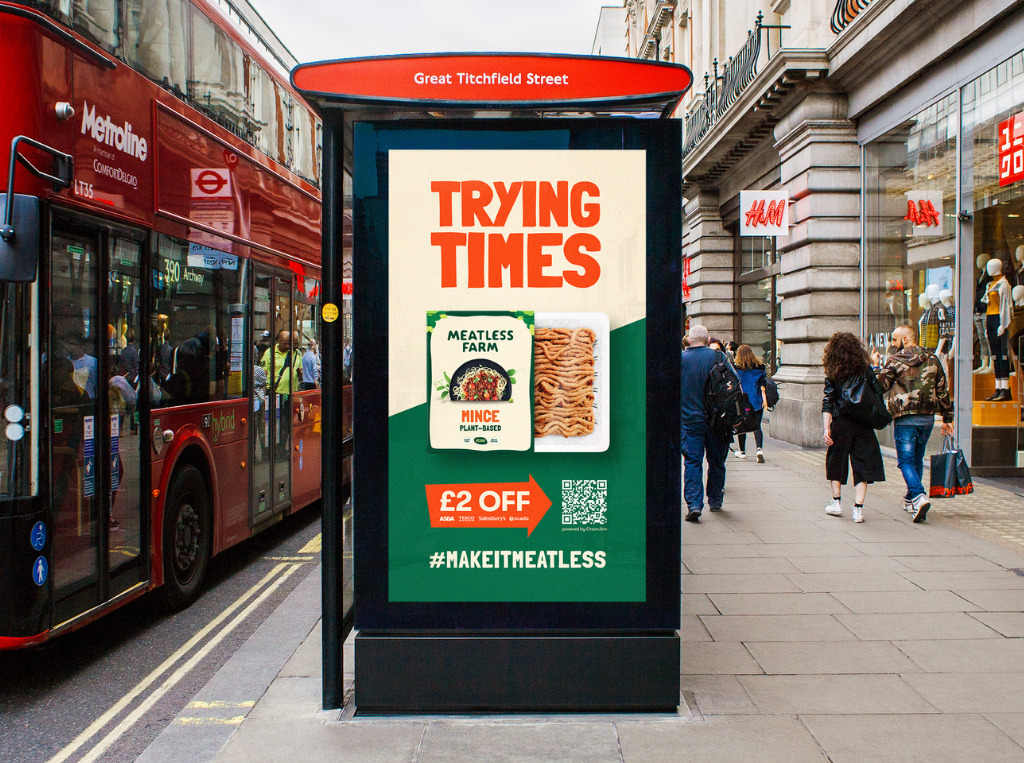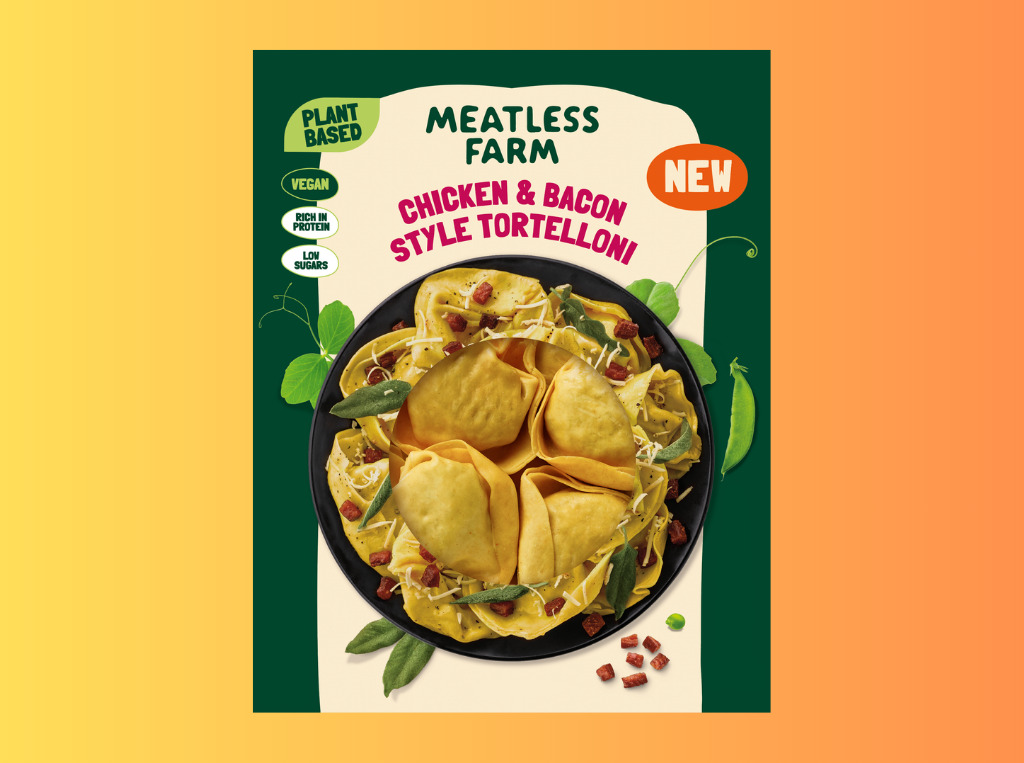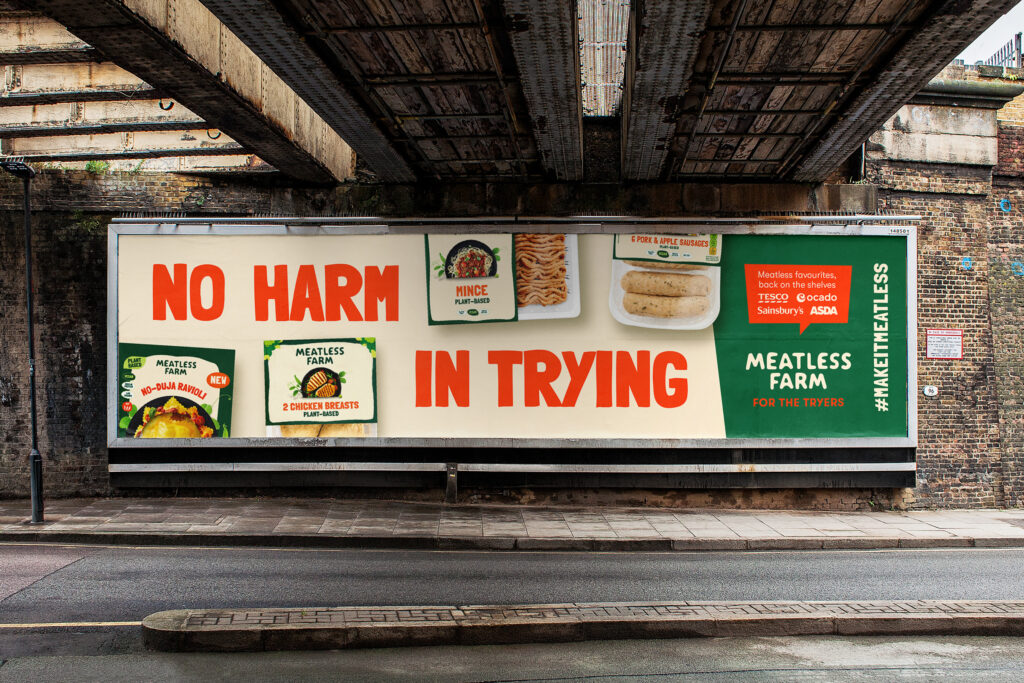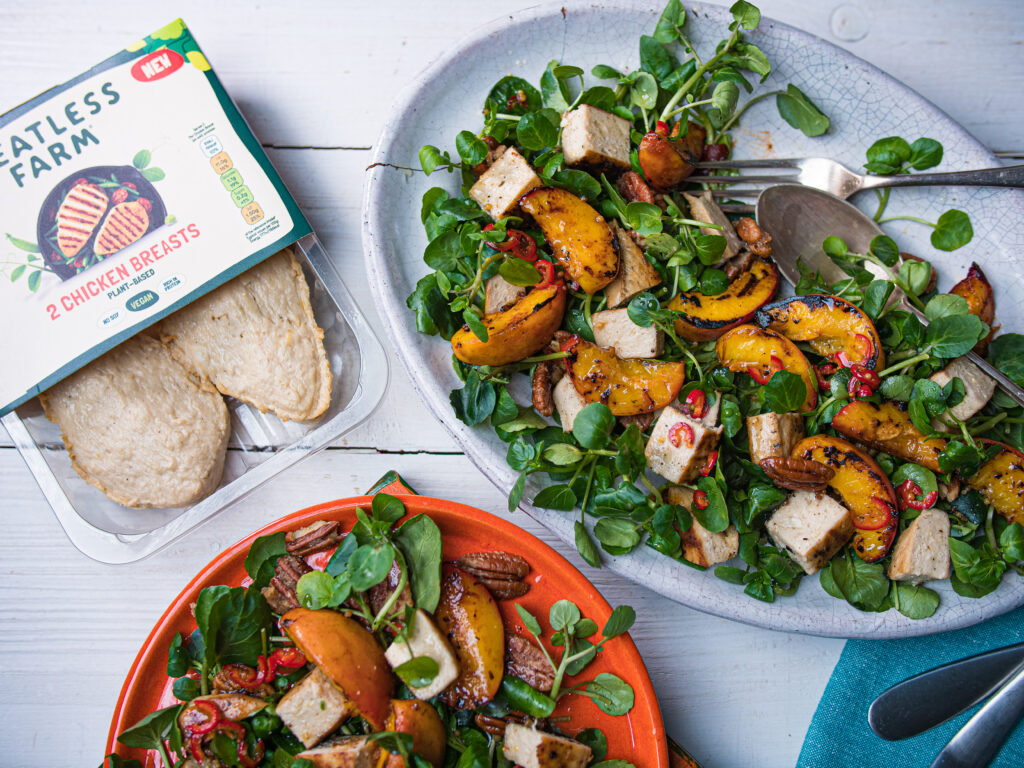
Unilever-owned plant-based meat brand The Vegetarian Butcher is opening a vegan butchery in Rotterdam, Netherlands. To be launched on World Animal Day, it marks the 13th anniversary of the company’s launch.
On October 4, The Vegetarian Butcher will open the plant-based butchery to celebrate 13 years to the day of its own launch. The Rotterdam-based store will be open five days a week (from Tuesday to Saturday) and feature the brand’s extensive range of alt-meat – including vegan chicken, shawarma and beef mince – alongside limited-edition offerings exclusive to the butcher shop.
Championing ‘real craftsmanship’
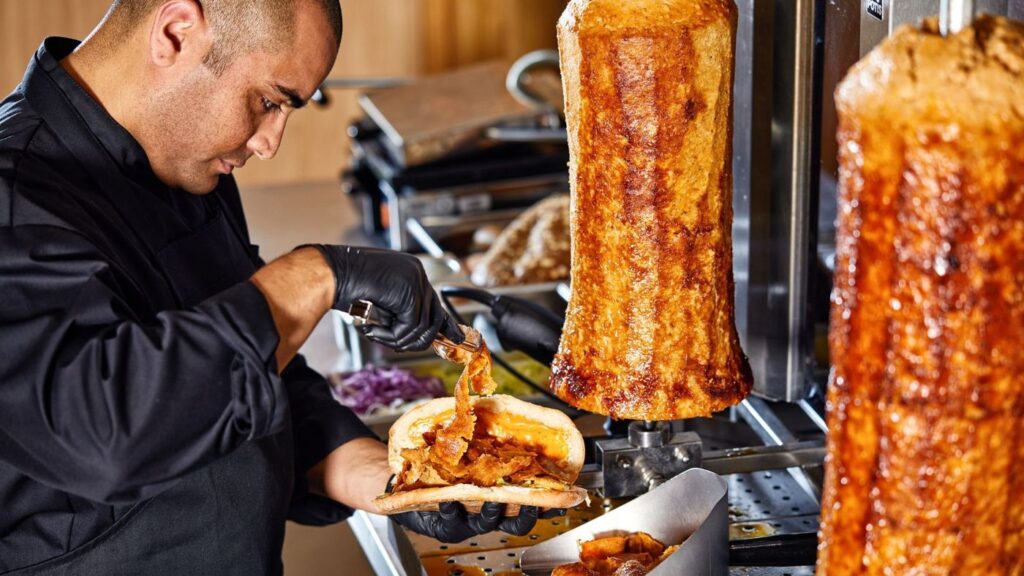
While the dozens of products can be bought for home cooking, there will be an in-store menu to try them as part of meals too. “We are very happy with the opening of the largest plant-based butcher’s shop in the Netherlands. What makes this Butcher unique is that the products on our shelves are plant-based and yet have the recognisable properties of meat classics,” The Vegetarian Butcher CEO Hugo Verkuil told Dutch news outlet De Ondernemer.
“We don’t want to make any concessions on taste, structure and nutritional value, and you can taste that,” he added. “For us, taste is central and that is why we have been working with chefs and product developers who know the specific properties of meat since its inception. This led to a wide range of successful hacks.”
Verkuil continued that the limited-edition exclusive products represent “real craftsmanship”. “The range in this plant-based butcher is not only of high quality, but also remains surprising. This makes every visit worthwhile,” he explained. “This new generation of plant-based meat products offer the experience of beloved meat classics, making the transition to more plant-based meat easier than ever.”
The announcement is a full-circle moment for the brand, which began in 2010 by selling alt-meat out of a butcher shop in The Hague. Its products are now available in 55 countries and over 40,000 retail stores. Additionally, it has foodservice partnerships across the world, most notably with Burger King in Europe and Asia.
The rise of vegan butcher shops
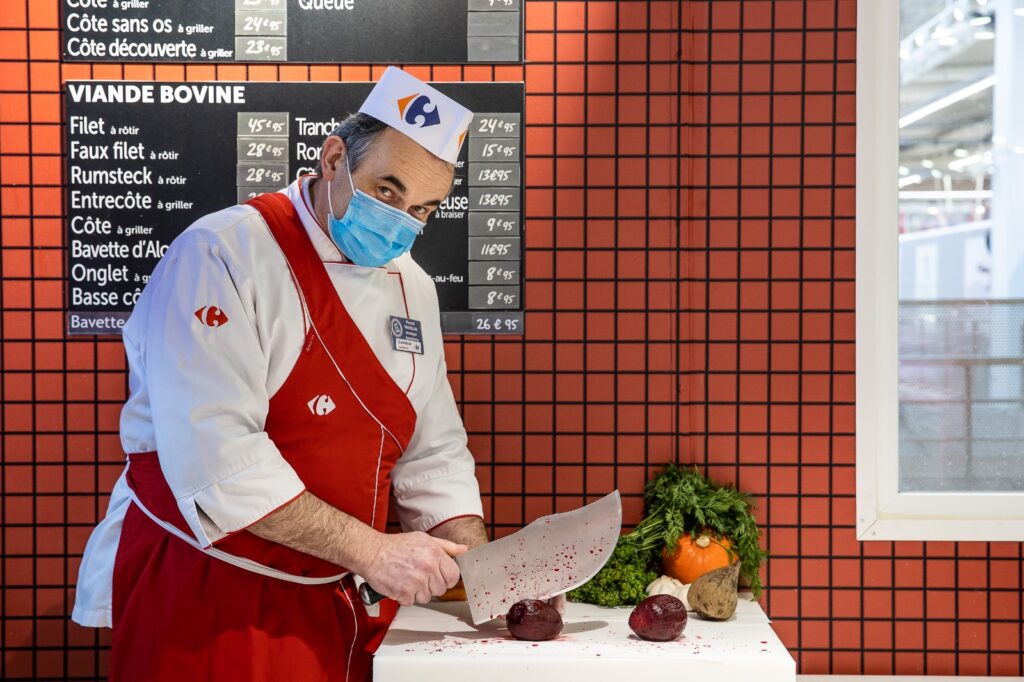
This won’t be the company’s only vegan butcher shop. Last year, it unveiled what it claimed was France’s first plant-based butchery, selling alt-meat by weight at a counter in French retail giant Carrefour‘s Carré Sénart store. In a social media post, the latter said: “Carrefour is the first major retailer to market these delicious products that have already won over Burger King.”
That partnership has extended to Spain too, with the alt-meat producer’s products available in 24 Carrefour stores. Meanwhile, in 2019, it hosted a Meatless Monday takeover at UK butchery-restaurant Hill & Szrok.
And earlier this year, The Vegetarian Butcher published its first cookbook, New Meat, featuring meatless spins on 100 classic meat dishes. The recipes were written by its co-founder Jaap Korteweg, as well as 11 world-renowned chefs, including Michelin-starred chefs Asimakis Chaniotis, James Goodyear, Ricky Saward and Andrew Pern.
The cookbook highlighted five of The Vegetarian Butcher’s products, like Chicken Chunks, Raw Burger, Meatballs, Chicken Breast, and a Crispy Chicken Burger. And these were used in recipes over five categories: Weekdays; Breakfast, Brunch & Lunch; Weekends; Snack Time; and Classic.
The brand, which was acquired by Unilever in 2018, has previously opened its pop-up restaurant, De Vleesch Lobby, in The Hague and a vegetarian eatery at Rotterdam Central Station. Its products have won more than 25 awards – and earlier this month, it launched a vegan döner kebab SKU across Europe.
Other plant-based butcheries include Love Handle in Singapore, Rudy’s Vegan Butcher in London, The Herbivorous Butcher in Minneapolis, and Maciel’s Plant-Based Butcher & Deli in Los Angeles. And in a similar collaboration as The Vegetarian Butcher and Carrefour in Europe, in 2021, Californian pea protein meat maker Abbot’s Butcher landed in 360 Sprouts Farmers Markets locations across the US.
The post Cluck Yeah: Rotterdam is Getting A Fully Vegan Butcher Shop This World Animal Day appeared first on Green Queen.
This post was originally published on Green Queen.



